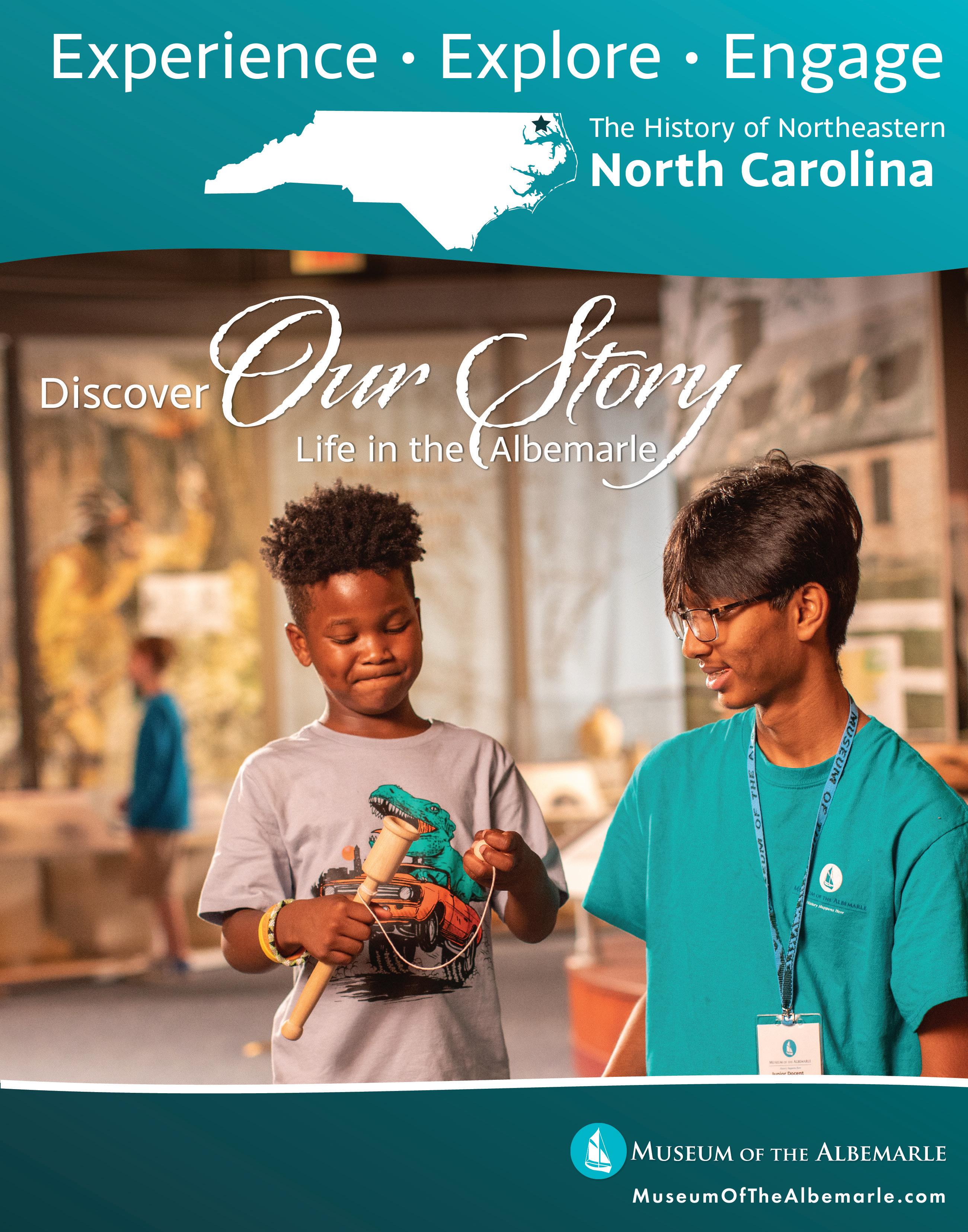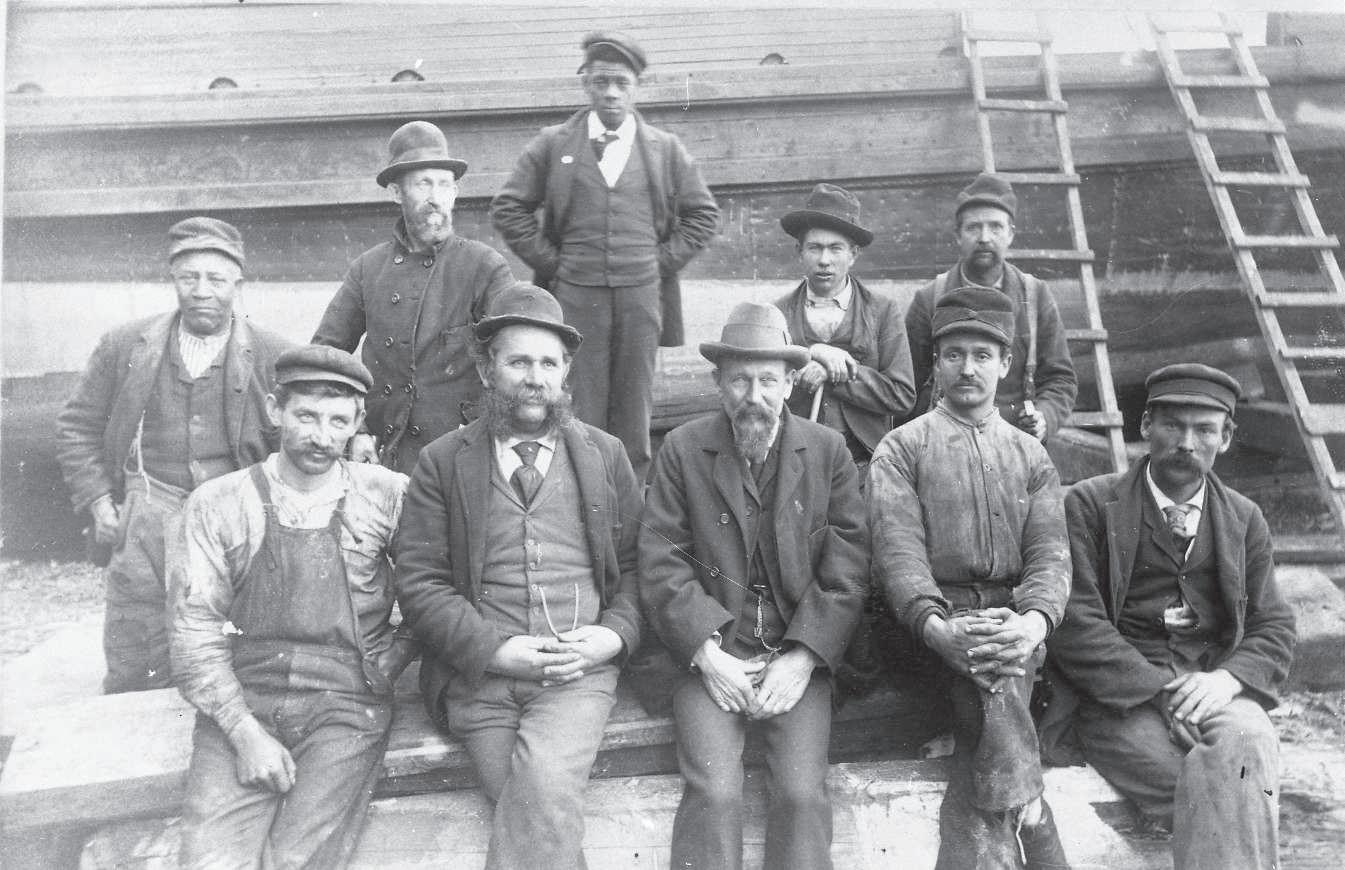


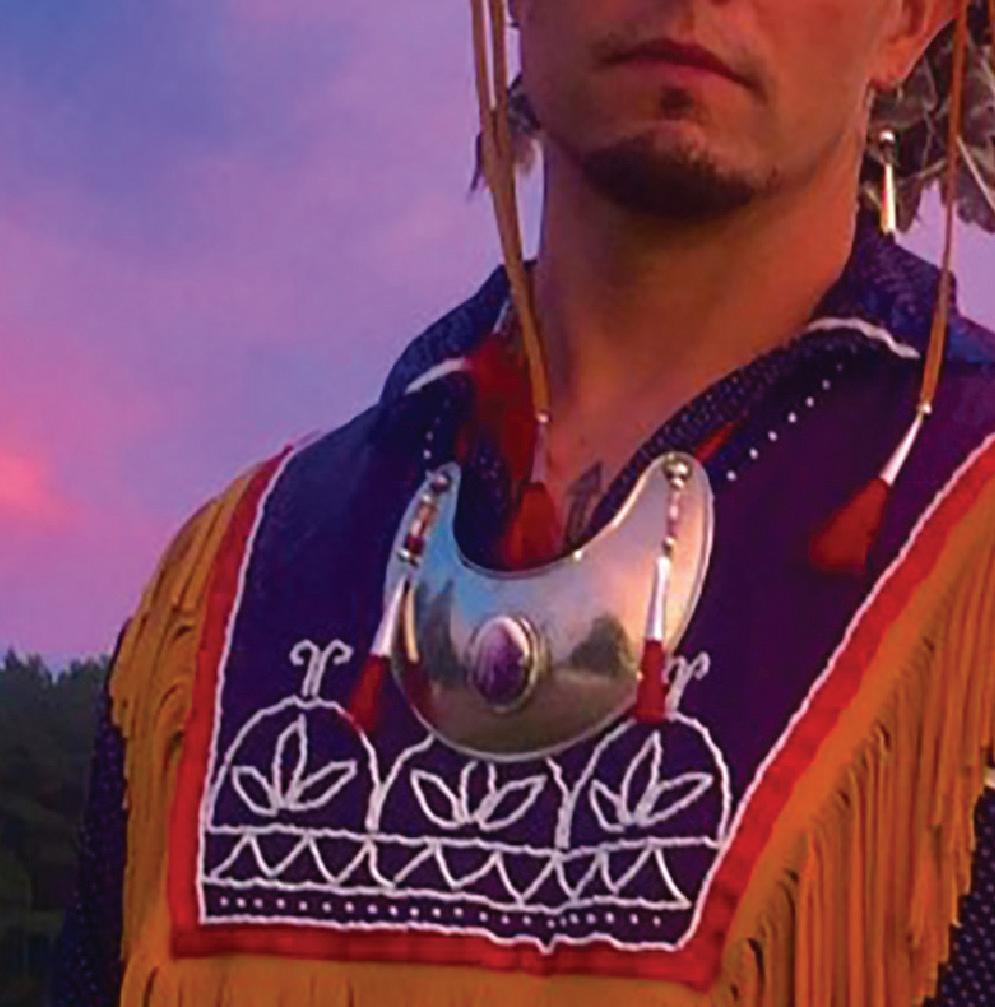









Courtesy David Rahahe:tih Webb














Courtesy David Rahahe:tih Webb
The Albemarle represents a unique place— half land, half water. The story of this place comes alive in Our Story, a tale of how our communities have adapted to the challenges and opportunities of our unusual home.
Virtual tour provides in-depth overview of the region and its progression through various eras of transportation. Now available in English and Spanish.
The official State Historical Boat of North Carolina was fi rst built in the early 1880s by George Washington Creef of Roanoke Island. The shad boat on display here at MOA was constructed in 1904 by renowned boat builder and decoy carver Alvirah Wright.

Hogs have found their way into our lives and culture, playing a significant role for families in northeastern North Carolina. Th is exhibit looks at how pigs have become a part of our family, home, and livelihood.
Highlights women from across northeastern North Carolina who broke barriers in areas such as women’s rights, activism, public service, journalism, literature, entertainment, medicine, academics, and entrepreneurship.



A children’s exhibit that focuses on the regional tribes of northeastern North Carolina.
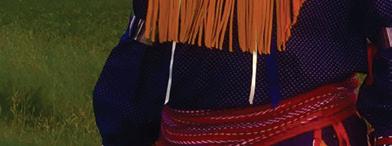
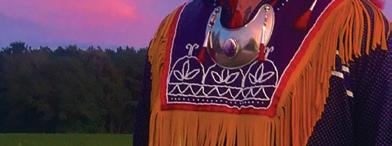
Th is small case exhibit highlights toys produced in the 1970s.
On loan from the National Museum of the United States Navy, the pull-up banner display commemorates the anniversary of the War of 1812.
On loan from the Smithsonian, this poster exhibition explores the inventions of 19 highly accomplished American women.
State of North Carolina

Roy A. Cooper, Governor
Mark Robinson, Lieutenant Governor
Department of Natural and Cultural Resources
Reid Wilson, Secretary
Office of Archives and History
Darin Waters, Deputy Secretary
Division of State History Museums
North Carolina Museum of History
Kenneth B. Howard, Director
The Museum of the Albemarle is a part of the Division of State History Museums.
FRIENDS OF THE MUSEUM OF THE ALBEMARLE
BOARD OF DIRECTORS
Linda Hofler, President
Johnson Biggs, Vice President
Douglas Gardner, Treasurer
Penny Leary-Smith, Secretary
Kim Castle, Dr. Melissa Stuckey, Whitney Young, Berne�a Brown, Kim Baumbaugh, Corrina Ruffieux, M. Sgt. William Hoffman, Katherine Wassink, David Clegg, George Thomas, Josh Bass, Joyce Buffaloe, Sheila Tyler, Geraldine Langford, David Harris, Ella Fields Bunch, Dylan Welter, Steven Rudey, Johny Hallow, Tess Judge
Don Pendergra�, Ex-Officio
Barbara Putnam, Ex-Officio
MUSEUM OF THE ALBEMARLE STAFF
Don Pendergra�, Director of Regional Museums
Barbara Putnam, Opera�ons Manager
Wayne Mathews, Facili�es Manager
Wanda Lassiter, Curator
Lori Meads, Educator
Carrie Barker, Collec�ons Specialist
Marjorie Berry, Public Informa�on Specialist
Kelly Boyd, Security/Event Rental Assistant
Rosana Cas�lho, Event Rental Coordinator
Bobby Ellio�, Security/Event Rental Assistant
Ma� Ferrell, Carpenter
Hayley James, Public Informa�on Specialist/ Educa�on Assistant
Andrew Nelson-Redondo, Exhibit/Graphic Designer
Lyne�e Sawyer, Museum Specialist/AV Technician
William Seymore, Facili�es Maintenance
Rebecca S�les, Administra�ve Assistant
Mary Temple, Museum Gi� Shop
Paul Vincent, Facili�es Maintenance
Alec Widmer, Collec�ons Assistant
The Gateway
Amber D. Revels, Copy Editor
Andrew Nelson-Redondo, Exhibit/Graphic Designer
Contributors
Wanda Lassiter, Lori Meads, Andrew Nelson-Redondo, Don Pendergra�, Barbara Putnam, Rebecca S�les, Paul Vincent, Alec Widmer
The Gateway is published two �mes per year by the Friends of the Museum of the Albemarle. Published ar�cles do not necessarily represent the views of the Department of Natural and Cultural Resources or any other state agency.
Unless noted otherwise, images used are Courtesy the Museum of the Albemarle.
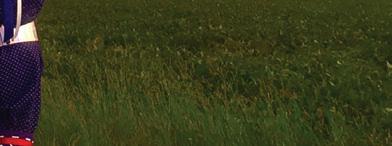
© 2022 by the Museum of the Albemarle
For informa�on on making a contribu�on to the Friends of the Museum of the Albemarle or to sponsor an issue of The Gateway, call 252-335-1453.
501 South Water Street, Elizabeth City, NC 27909 252-335-1453 • MuseumOfTheAlbemarle.com Facebook.com/MuseumOfTheAblemarle • Free admission
Museum Hours
Monday–Friday, 10 a.m.–4 p.m. Saturday, 10 a.m.–4 p.m.
Museum Gift Shop
Monday–Friday, 10 a.m.–4 p.m. Saturday, 10 a.m.–4 p.m.

Howdy Partners,
Greetings from a Baby Boomer, who grew-up watching the 30-minute episodes of cowboy television shows. Did you know that there were 16 top-rated western TV shows in the late 1950s into the early 1960s?
We liked the formats of the western series. The good guys enters town and discovers a sad and tragic injustice. They seek-out the truth and in the last five minutes of the episode, after a few words from our sponsors, right the wrongs and rides out of town a hero.
Who was that Masked Man? The question asked after the Lone Ranger, mysteriously rode into the sunset.
So much of our early experiences and influences help form us. The museum is an important aspect of youth and lifelong learners’ education. The museum staff ride the ranges of history. We present past and current events in the museum’s programs and exhibits. This evidence of past stories along with artifacts reconstruct lives and events from the past to connect and inform us.
I’d like to encourage you to bring your family and friends to the museum. This gives you a better understanding of who we are through casual conversations and examining and discussing how we lived. Together we are connecting with our living history to the past. Children and visitors, our audiences then can determine the effects of time and how changes are measured by society.
These personal tours may be filled with your stories of fun and some tribulations of the many crises we have experienced in the recent past. By remembering and relating we give others a window into our lives, an impressive and effective method of teaching cultural history from a personal perspective.
We have several new exhibitions on display for your viewing pleasure, and they are detailed in the magazine.
Thank you for your support of the museum. Please let us know how we can help make your visits to the museum more enjoyable and educational!
Happy Trails to you, until we meet again, Don
04 Guardians of the Land: Discovering Indigenous Americans Children’s Exhibit
06 Importance of Land: Roanoke–Hatteras, Chowanoke, Meherrin Conservation
09 Conserving Tradition, Heritage, & Culture Exhibitions
10 Reliving the 1970s: Toy Edition, The Pet Rock
11 War of 1812: A Nation Forged by War Education
11 A Wonderful Learning Experience
12 Spanish Offerings via MOA Mobile
13 Ups & Downs of 2021
14 Growing the Volunteer Program
15 What’s
20
21






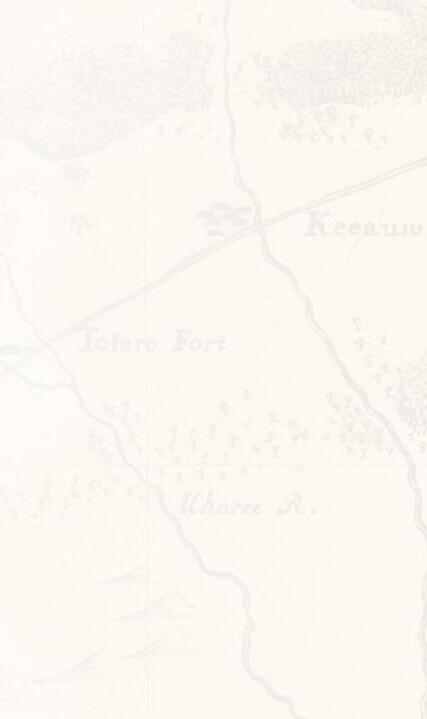

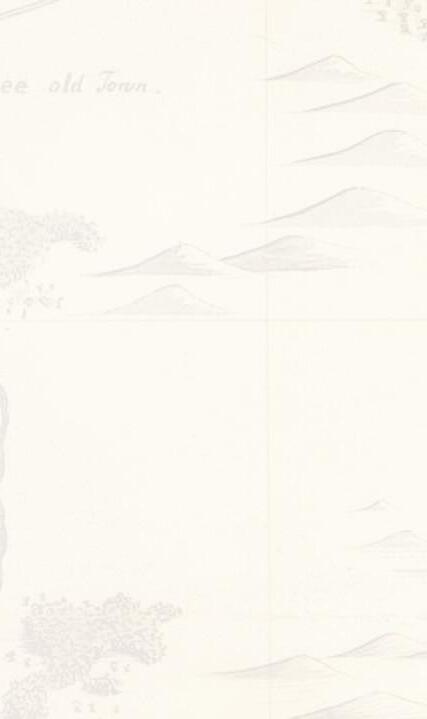
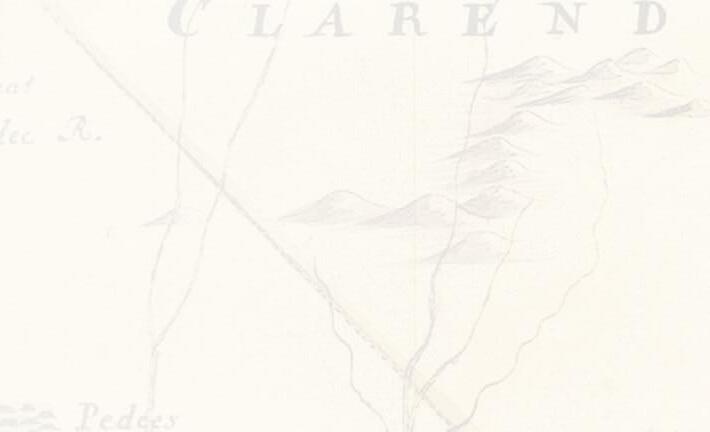

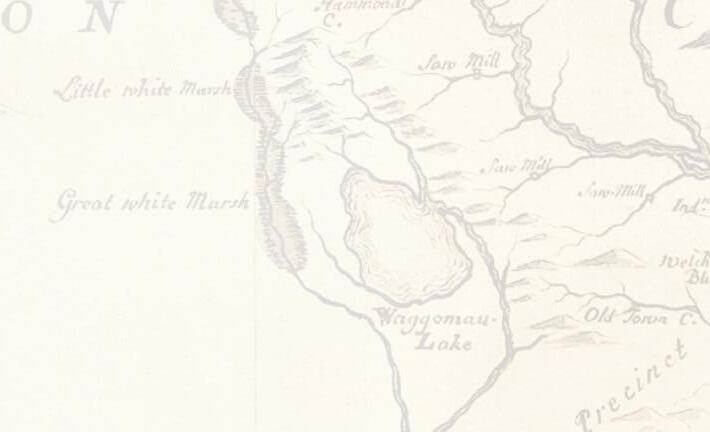

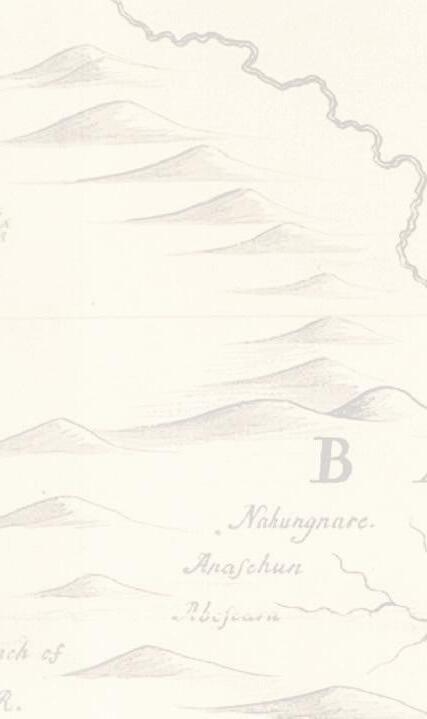

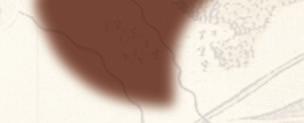
 By Wanda Lassiter, Curator
By Wanda Lassiter, Curator


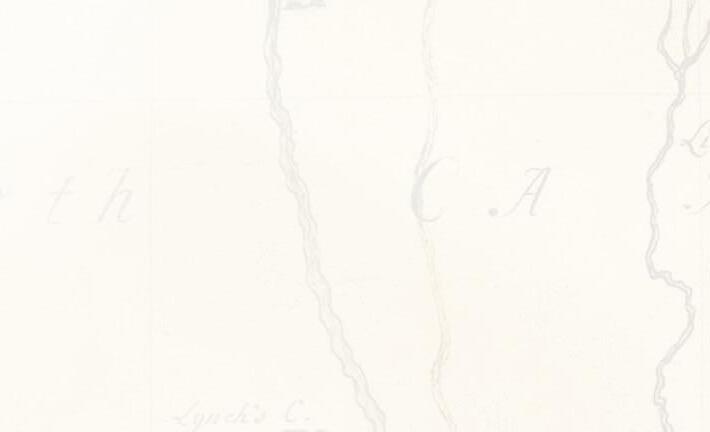
Indigenous people have lived in North Carolina for over 15,000 years, long before other groups. Consequently, Indigenous Americans are the “First Americans.” They viewed land as more than dirt or soil; it was part of the culture and history of the people who inhabited it. Come visit our newest exhibit to connect and learn how land has played an important role in the living history of the Indigenous people of coastal northeastern North Carolina.
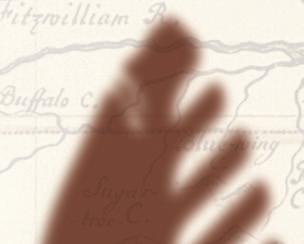




To Indigenous Americans, caring for land means survival. If land is respected and treated right, it will continue to provide life. Land is a part of the Indigenous culture, a part of their past, and it is their future. The Native culture is rich, diverse, and powerful— and still present in today’s society.
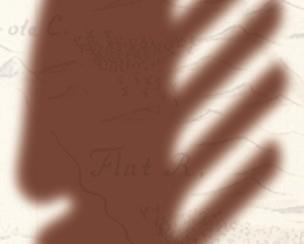

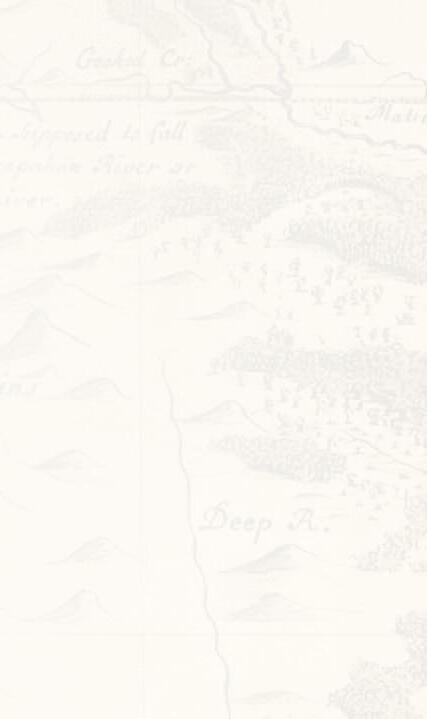
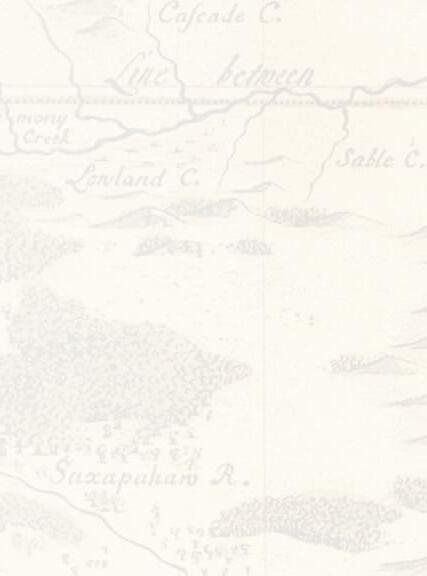
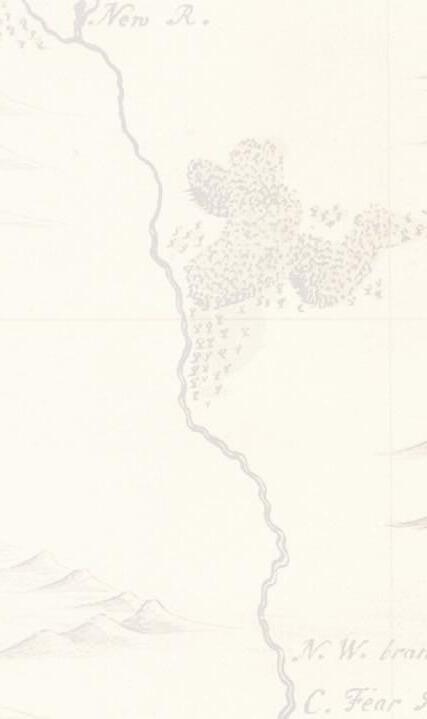
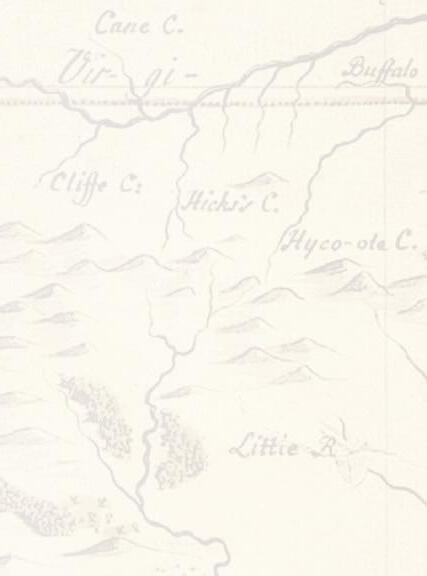

Indigenous American people are still being heard, their stories are being shared, and they are working to help others better understand their lives, cultures, contributions, and histories. Cultural activities and events, such as powwows commonly held on tribal land featuring songs and dances, help unite tribal communities.

There are many ways to learn about the history of Indigenous Americans today. By discovering more about the land that the Natives lived on, we can learn more about their past. This exhibit features artifacts and images from the Meherrin Indian Tribe, the Chowanoke Indian Nation, the Roanoke-Hatteras Indian Tribe, and Yeopim descendants.
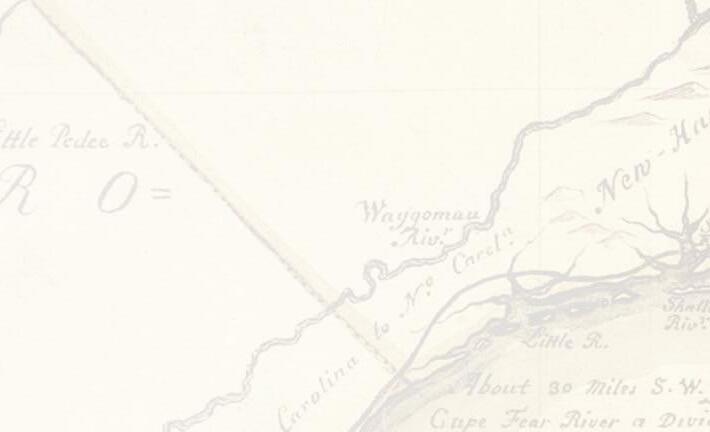
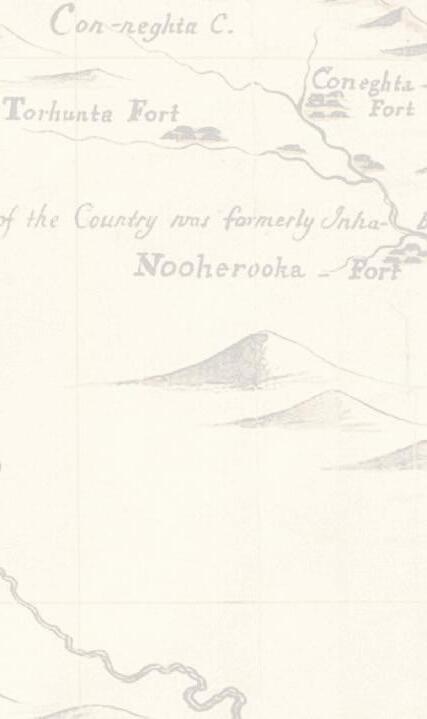
ROANOKE-HATTERAS DESCENDANTS


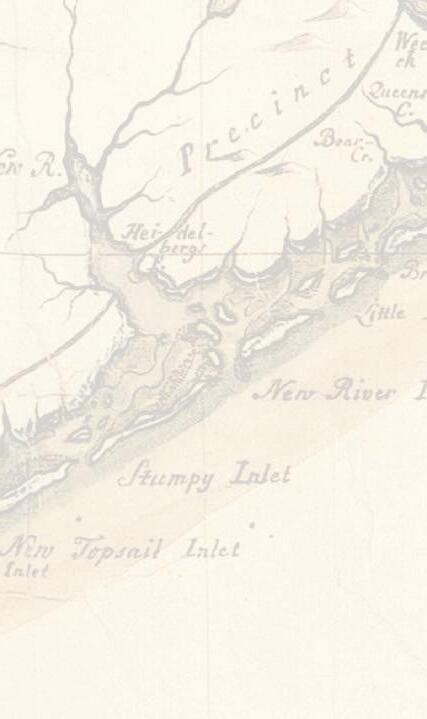
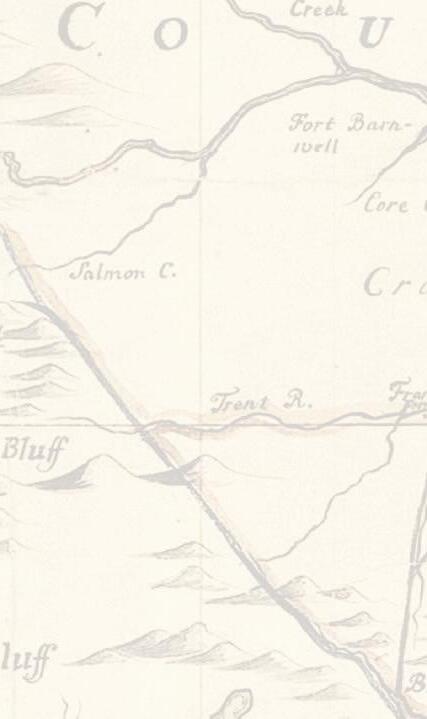
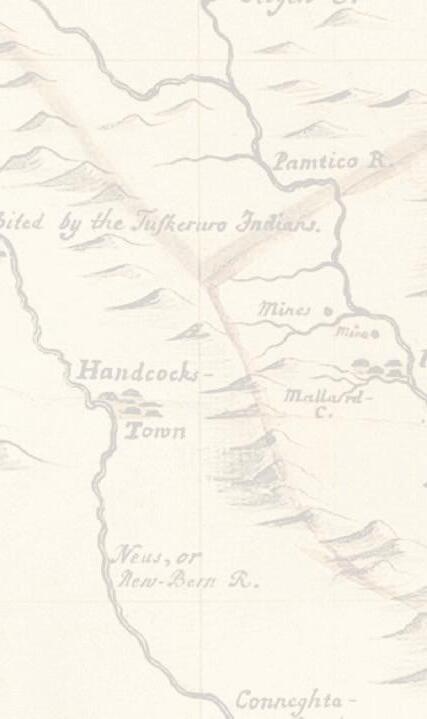

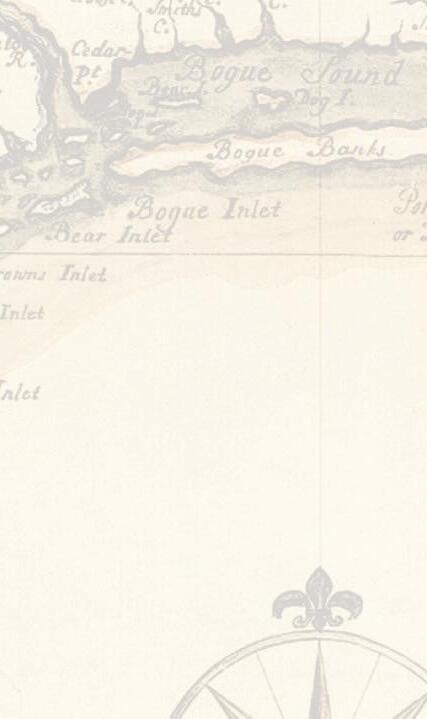
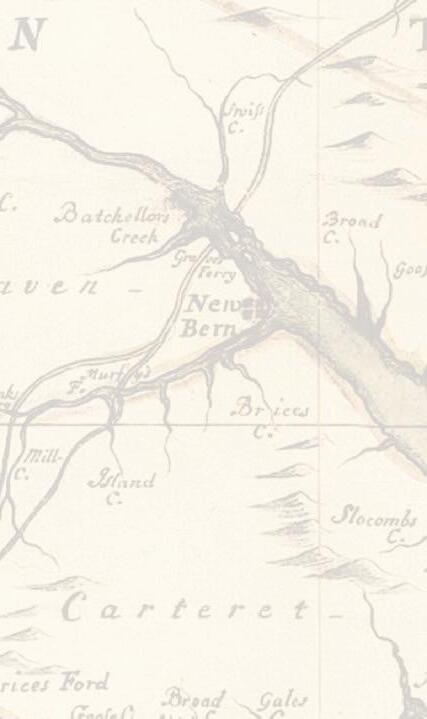
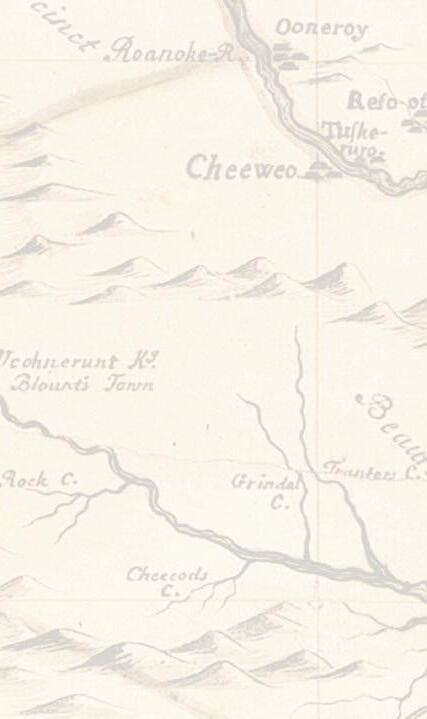
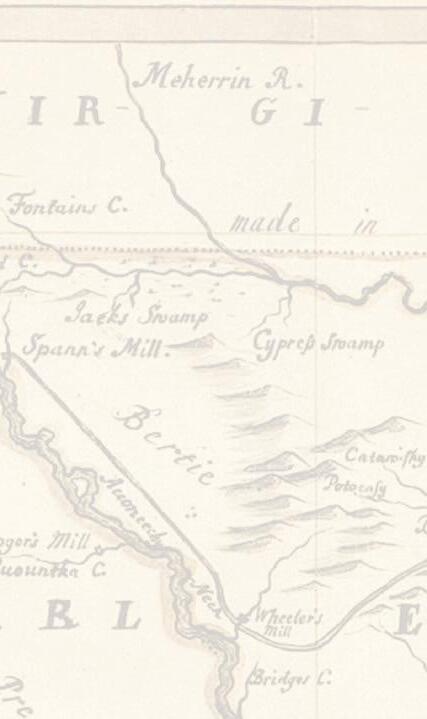

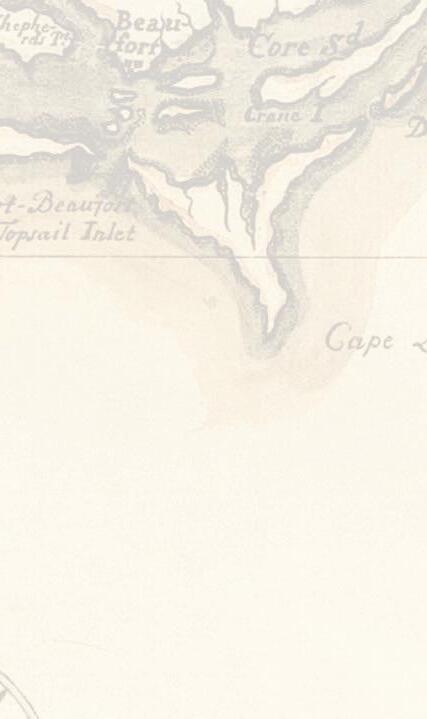
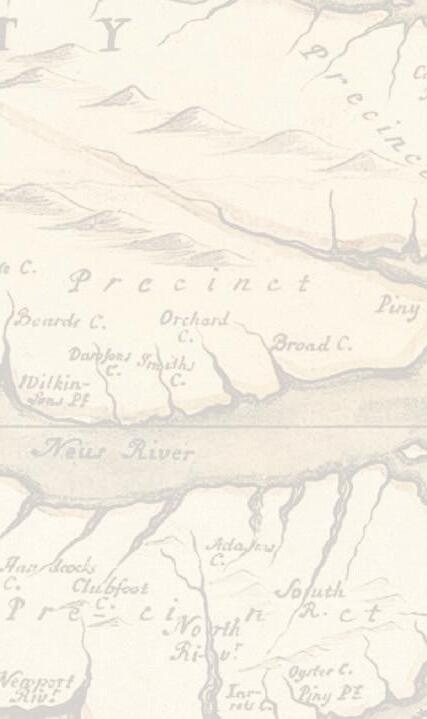
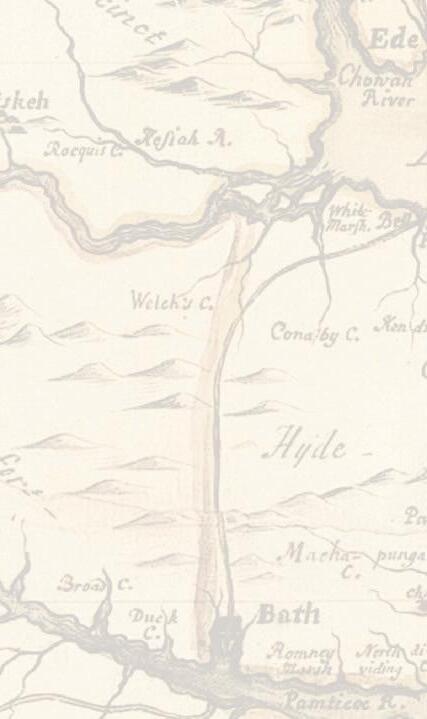
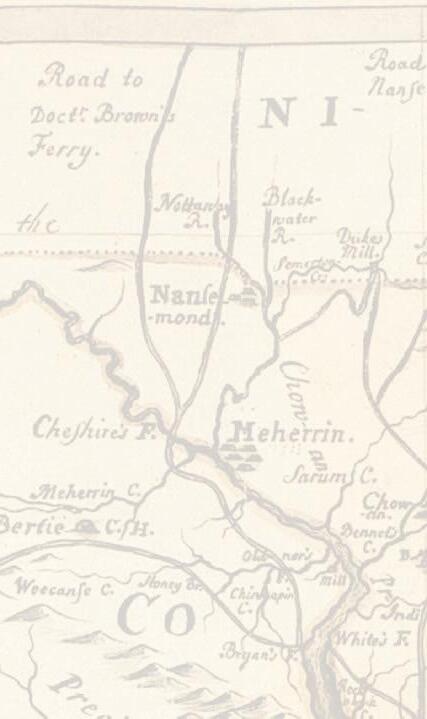
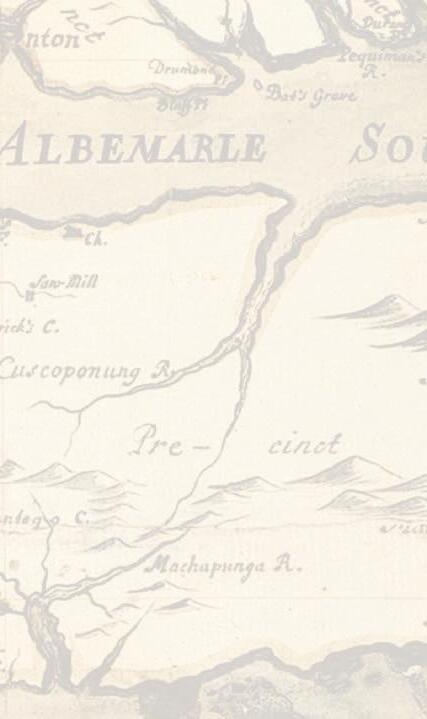
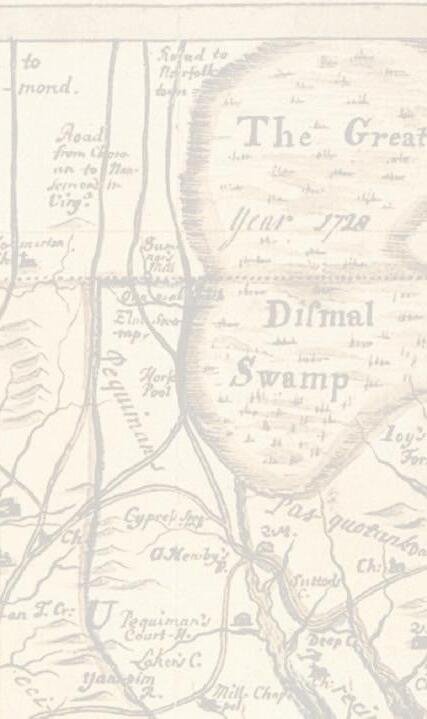

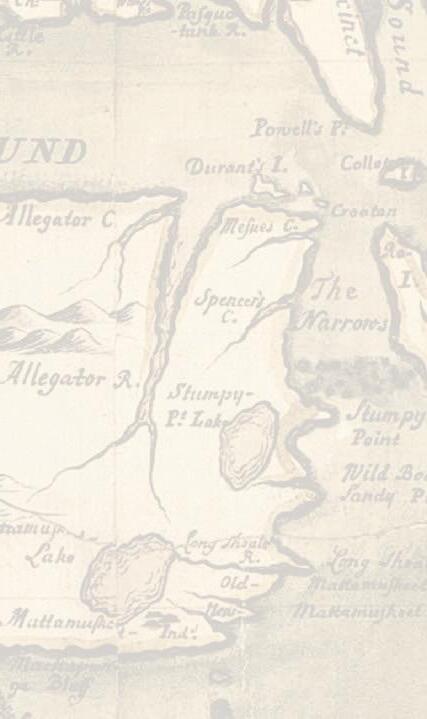
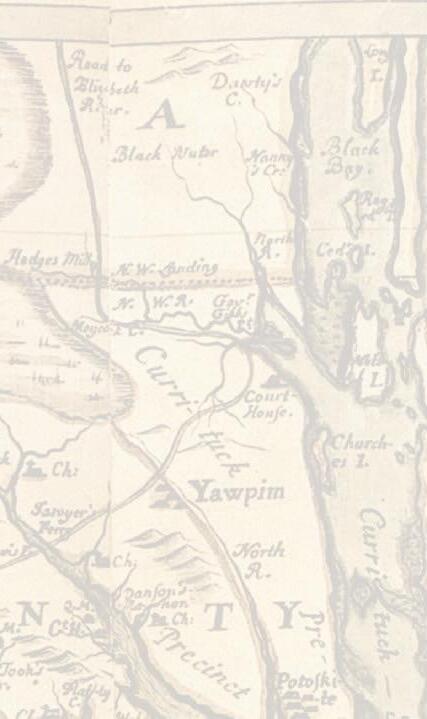
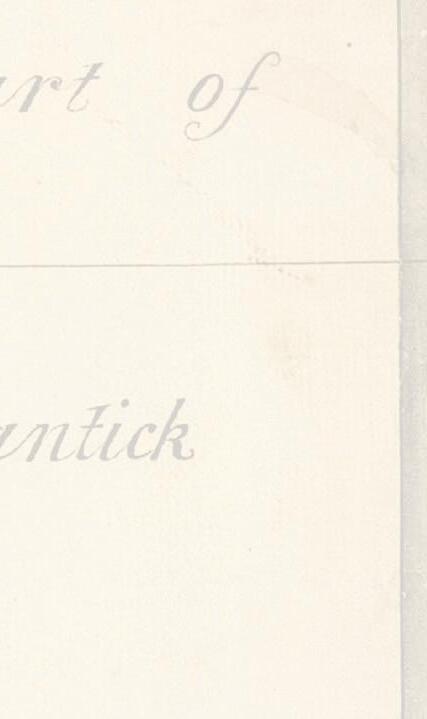
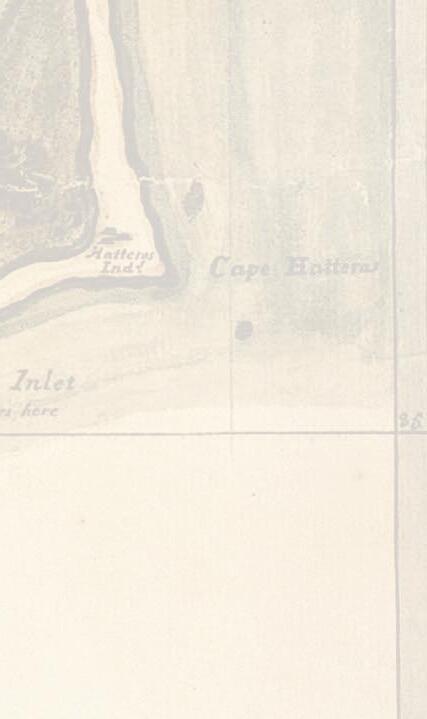
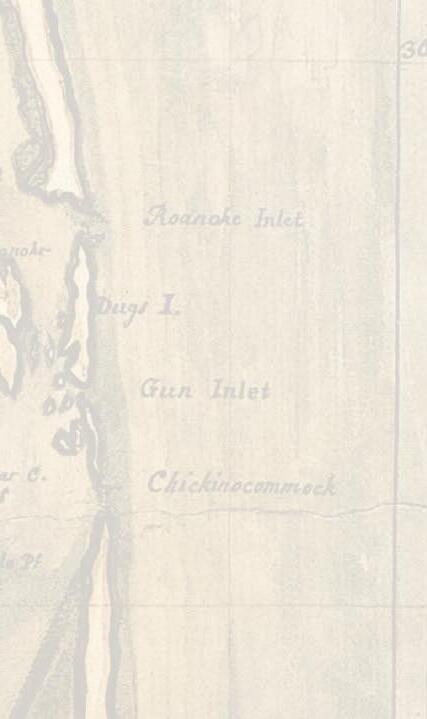

Courtesy Chief Marilyn Morrison
CHOWANOKE PLEASANT DAVID BUTLER AND FAMILY AT THEIR HOME IN GATES COUNTY, CIRCA 1915

Courtesy Duvonya Chavis, Doris Butler, and Justin Petrone, Native North American Indian—Old Photos

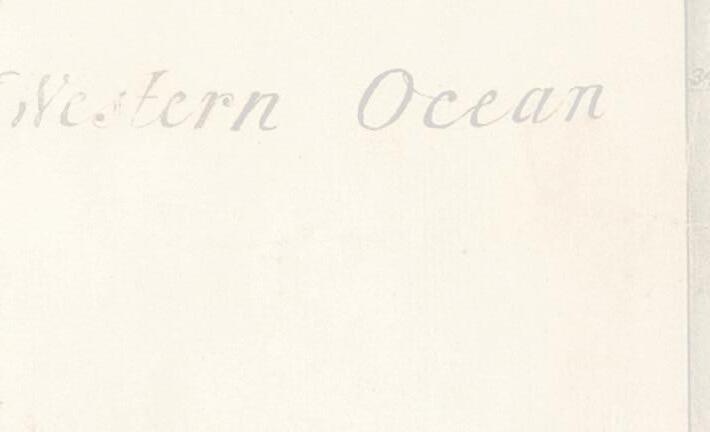
DAVID RAHAHE:TIH WEBB OF THE MEHERRIN INDIAN TRIBE TEACHING INTRODUCTORY TUSCARORA WORDS TO CHILDREN THROUGH SONG AND STORYTELLING IN 2016

Courtesy David Rahahe:tih Webb


Listen to their stories and voices, for they are strong.
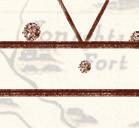






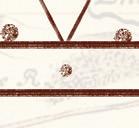

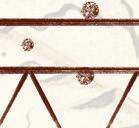
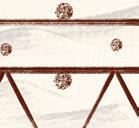
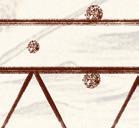
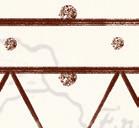
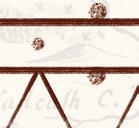















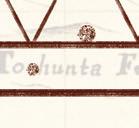

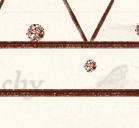
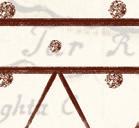
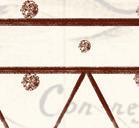
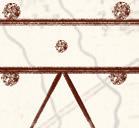









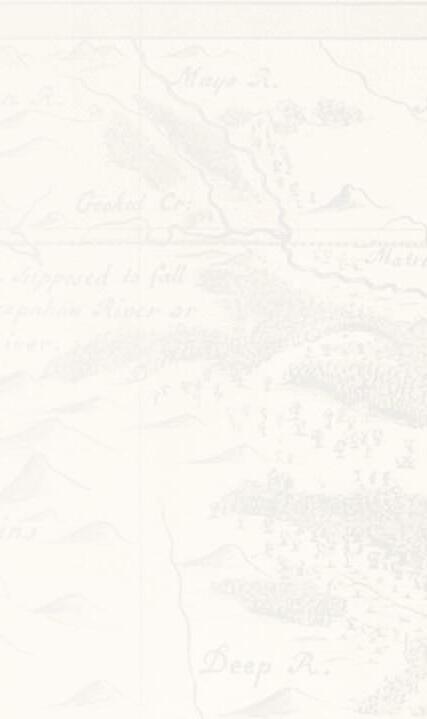



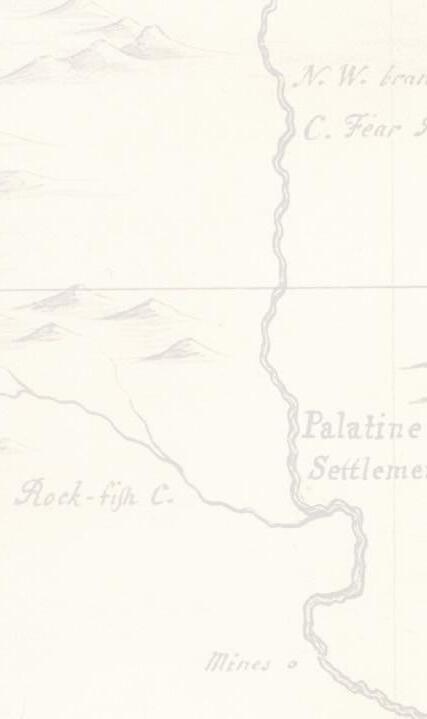
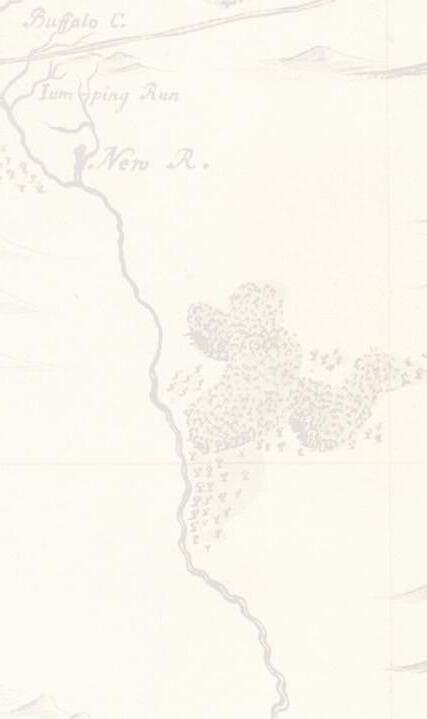
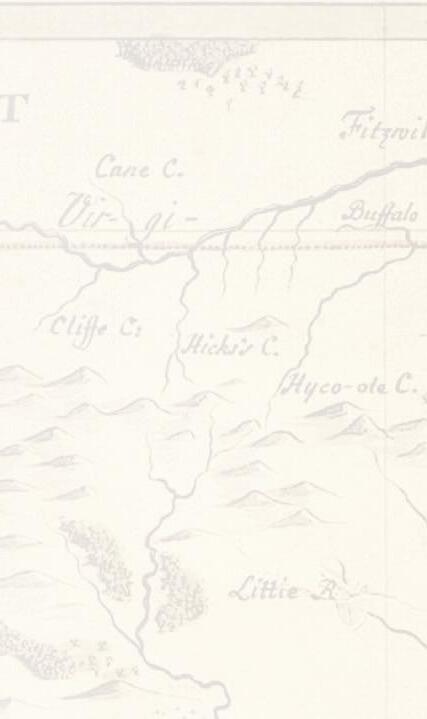


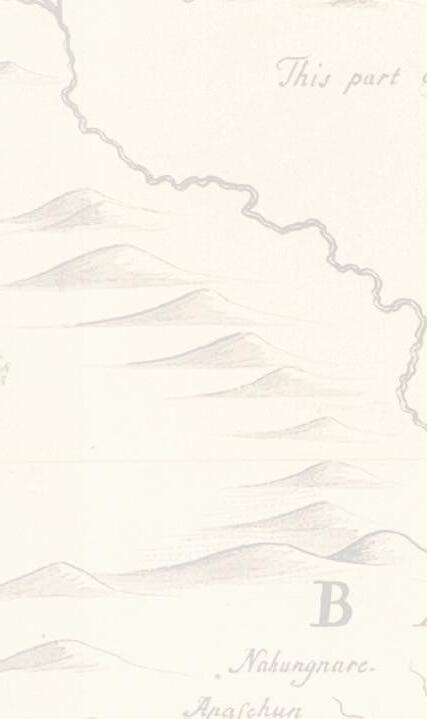
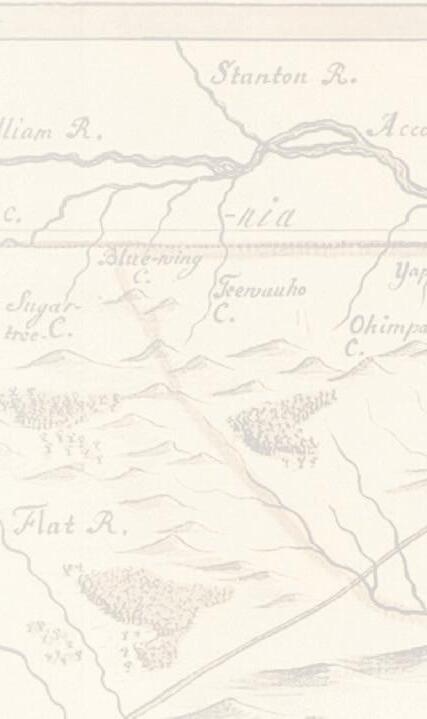

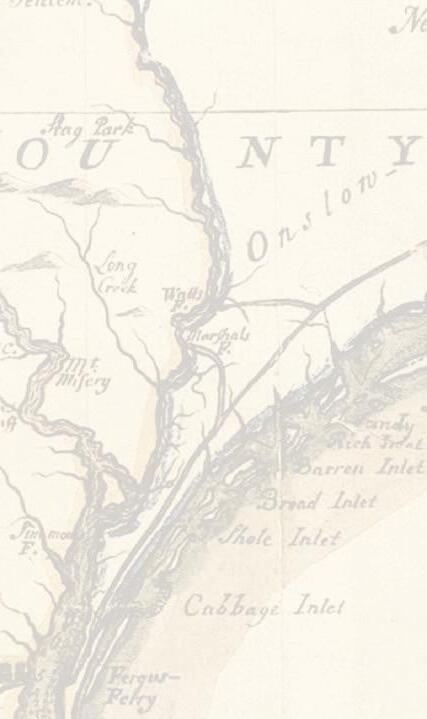
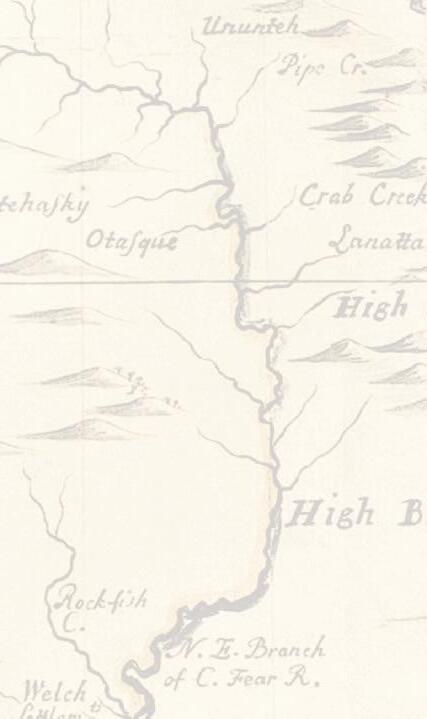

 By Chief Marilyn Berry Morrison, Roanoke-Hatteras
By Chief Marilyn Berry Morrison, Roanoke-Hatteras
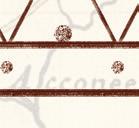


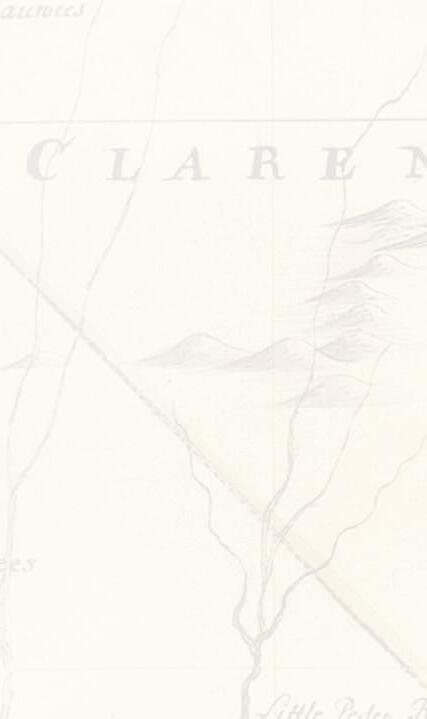
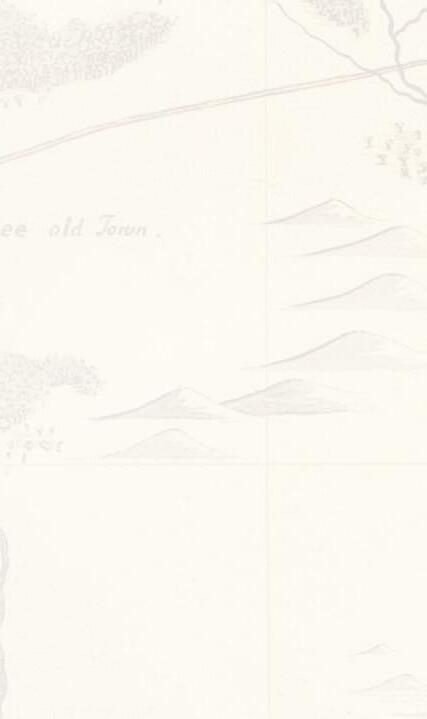
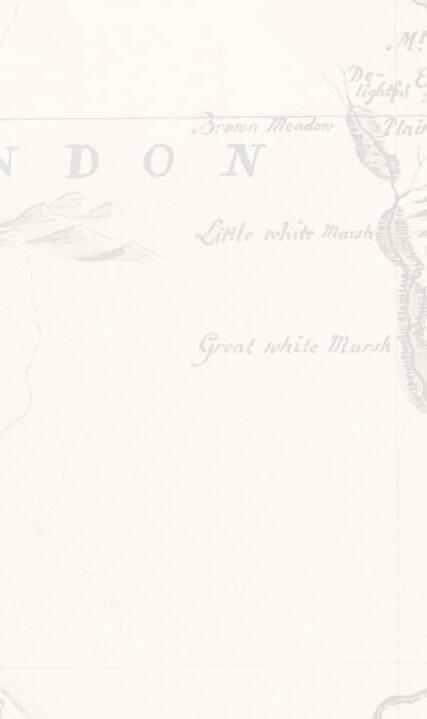
Land is very important to us because it does not belong to us. It is more valuable to us than money. Land was put here for us by our Creator. As long as the sun shines and the waters flow, this land will be here to give life to men and animals.
More importantly, this land is our homeland where our family stories took place. We pass down our stories to our children in songs and dances, to help them learn about our culture and traditions. Land is not only where our ancestors lived, but also where future generations will be born.
Our families still live on Roanoke Island today. Together we must do a better job of caring for Mother Earth. My grandfather taught us to only take what “is needed” from the earth and sea. We are keepers of the land. If we take care of Mother Earth, She will take care of us!
We never left our land.











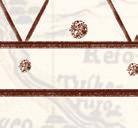
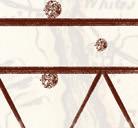


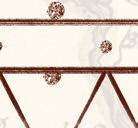
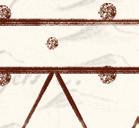










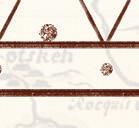
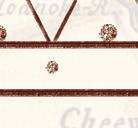
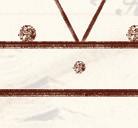

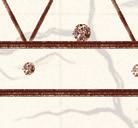
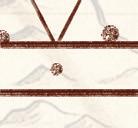

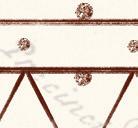
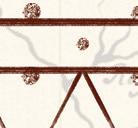
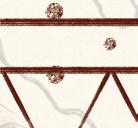



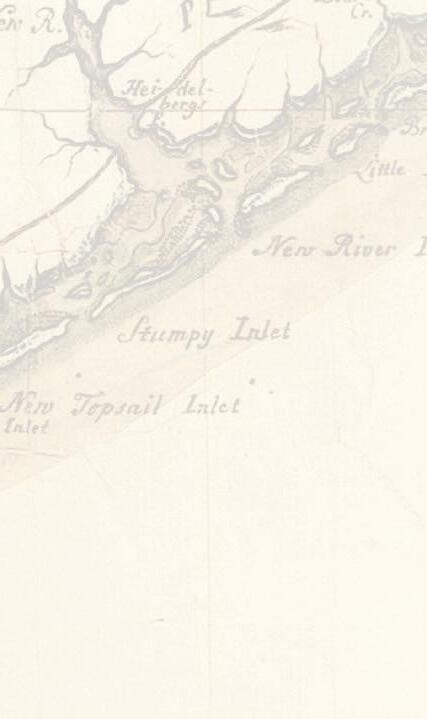
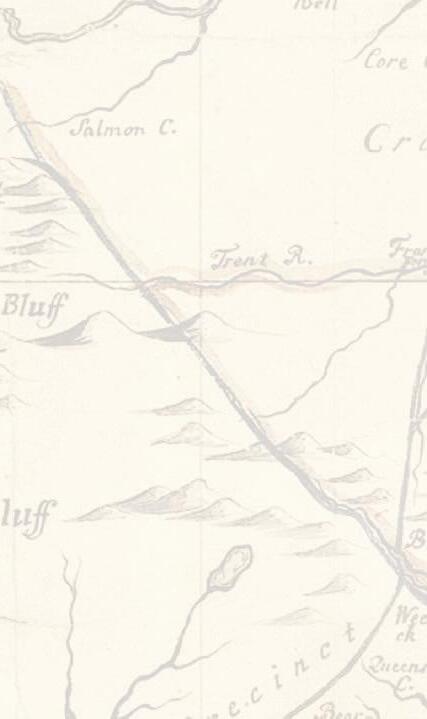
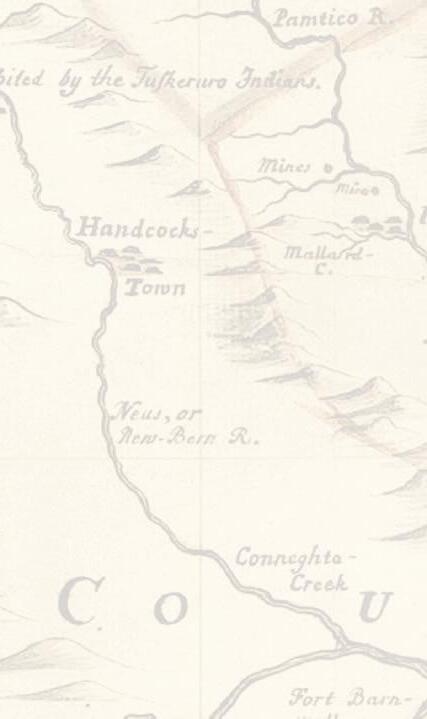
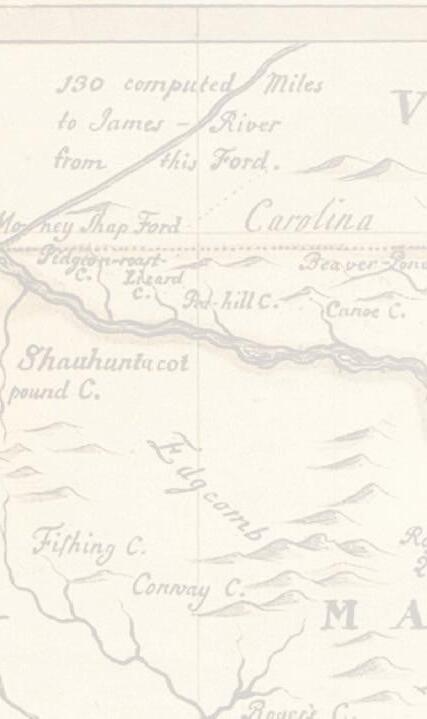
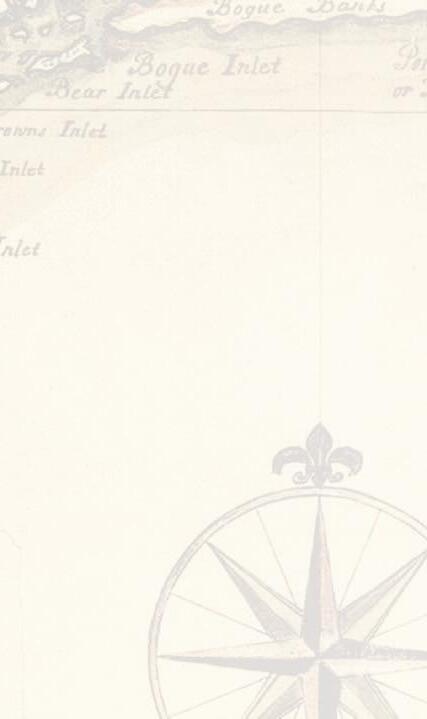

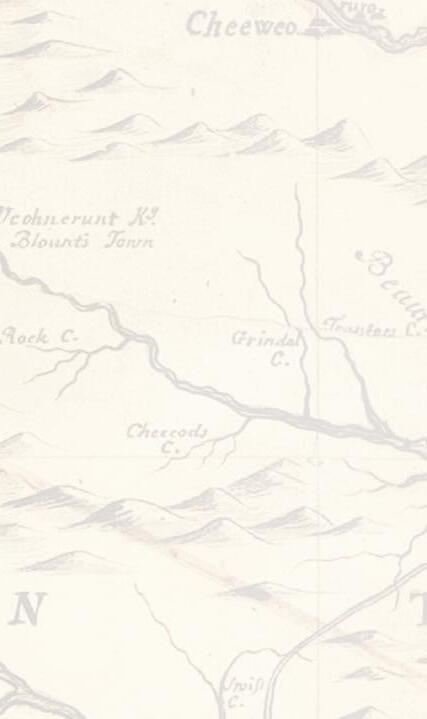

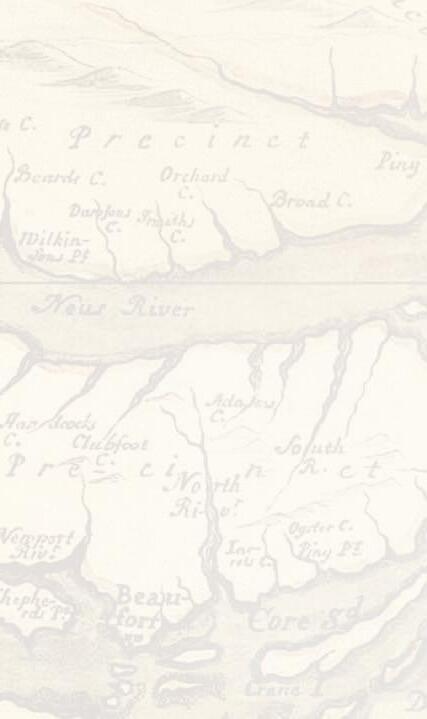
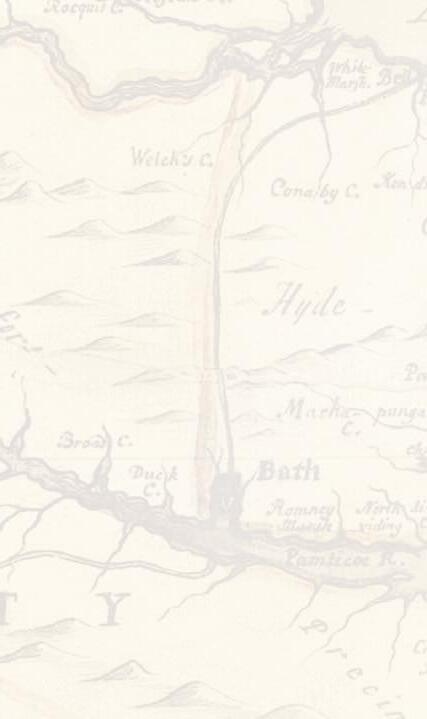
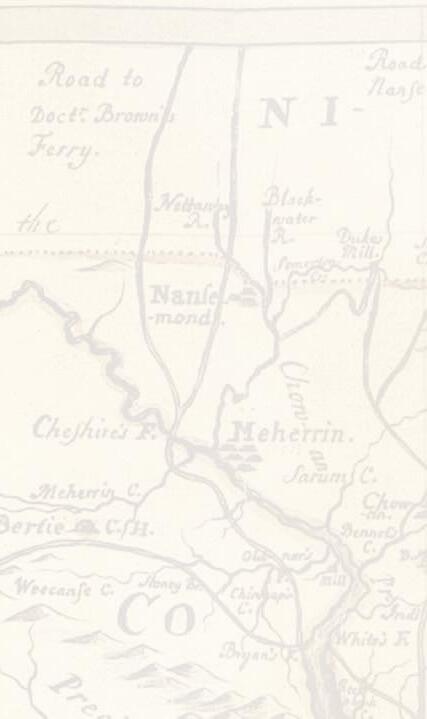
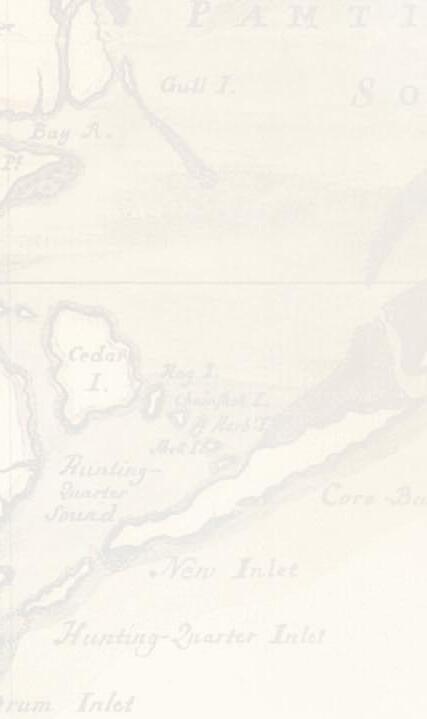
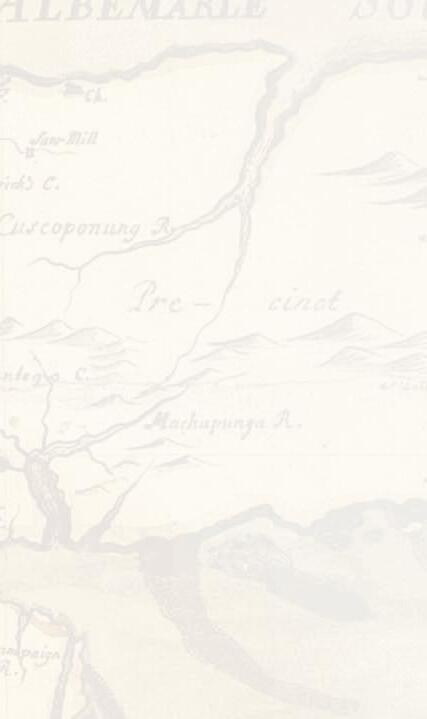

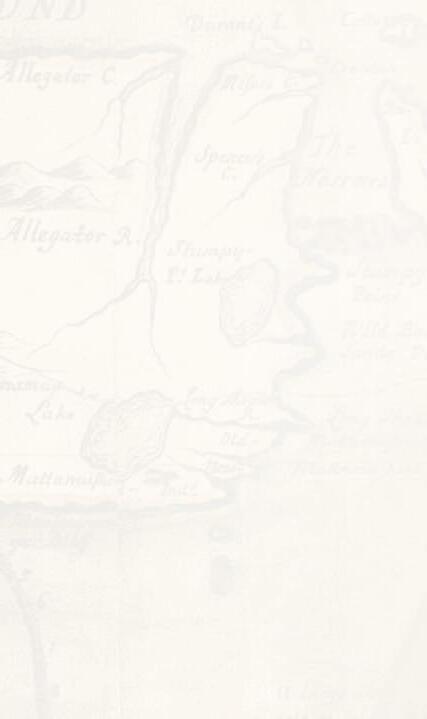
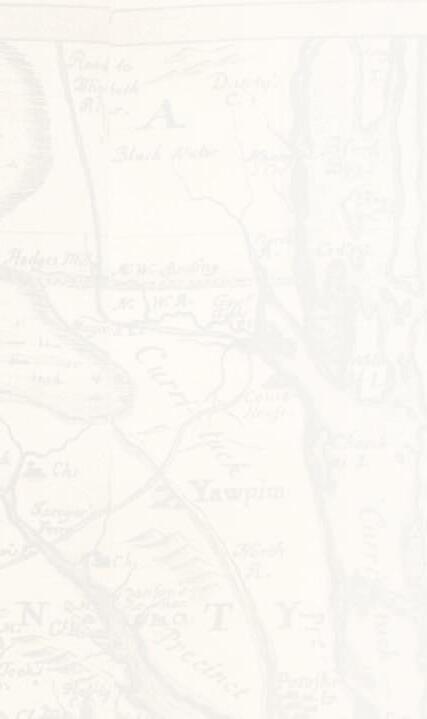
 By Christian D. Mountain, Chowanoke Warrior Chief
By Christian D. Mountain, Chowanoke Warrior Chief
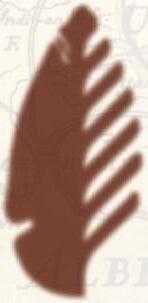
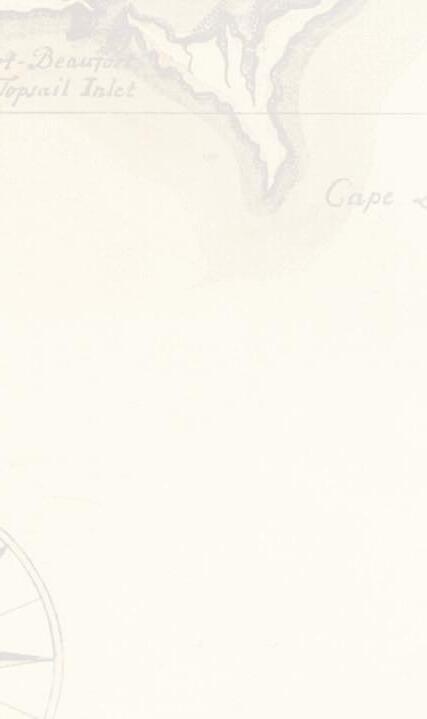
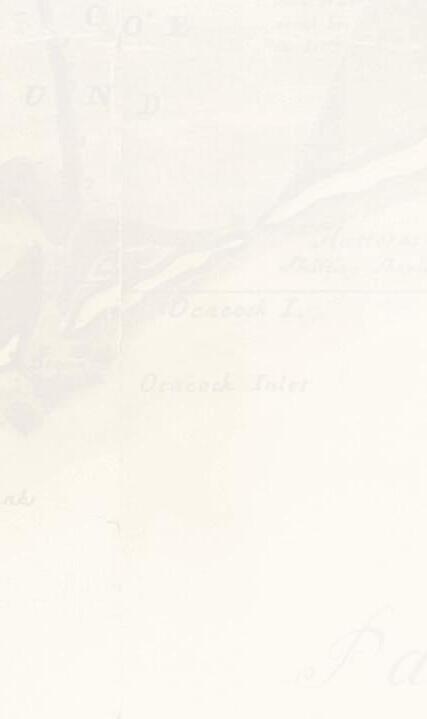
As Indigenous people, we understand that life comes from the earth and that earth can naturally achieve a perfect balance without us. We also understand that we, too, came from the earth, and thus we call the earth, Mother. She nurtures us and provides bountiful resources that we need in order to survive.

Consequently, if we take care of earth, then earth takes care of us. On the other hand, if we over-extract resources from earth, destroy the earth’s covering, and disregard its cleanliness, our actions will cause great pain to earth and as a result to us. We have seen this happen over the last several years where man has held little regard for taking care of earth. As a result, we are now seeing the consequences of catastrophic climate events, a reflection of earth’s pain. Due to man’s activities, earth’s rivers are no longer clean, and many of its lands have been turned into deserts.





We understand as earthlings, our bodies emulate Mother Earth. Our care and understanding of the earth is an innate force within us. If others would only understand and respect this, then our rivers would be cleaner, man would not extract earth’s resources at a rate greater than earth’s ability to replenish itself, man would not waste earth’s resources, the soil would live again, and many wonderful species that provided balance to earth would once again return. We respect the territorial boundaries of the lands where the Creator has placed each of us on to live. Yet, we all have a responsibility to care for the land. Although we make up less than 5 percent of earth’s population, we have fought hard to preserve the earth knowing that 85 percent of earth’s biodiversity is found on Indigenous lands. Though we are small now in numbers, we will continue to fight for Mother Earth, because how we treat her affects every living being.

















































 By Chief Jonathan Caudill, Meherrin Indian Tribe
By Chief Jonathan Caudill, Meherrin Indian Tribe

















The land is sacred to Native people.
We stand in awe of nature as we breathe the crisp morning air. Our ears absorb the melodic sound of the birds. The land is our church. The land provides food and medicine—the plants. The land is good for the mind. The fresh air and feeling connected to the land is a perfect environment. The land is an educator . For example, the changing seasons: winter, spring, summer, fall. During winter some animals and plants hibernate. They take an extended rest. When the land warms, all life is full of vigor. This has helped teach Native people that everything has its season-
A time to plant, A time to harvest, A time for war and A time of peace.




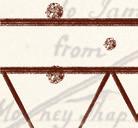


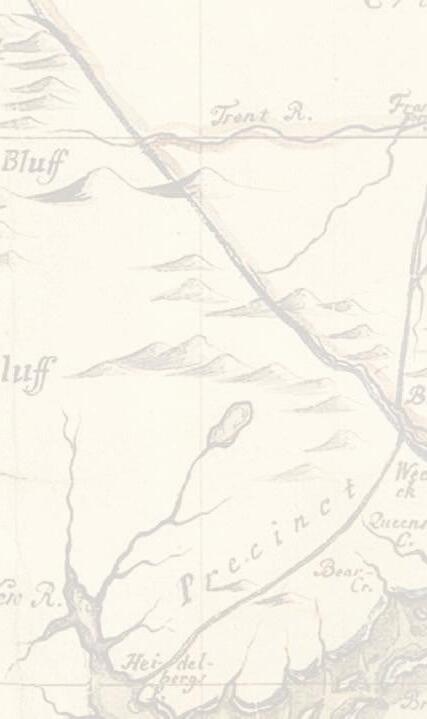
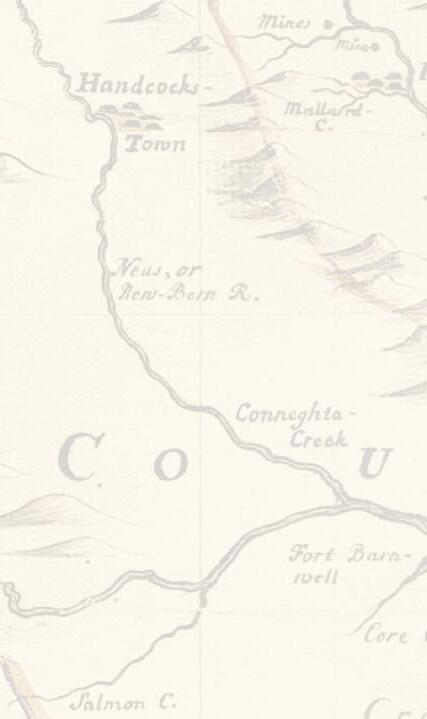
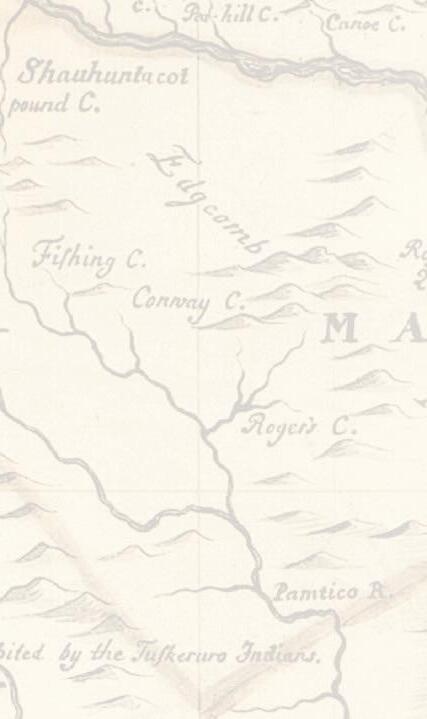
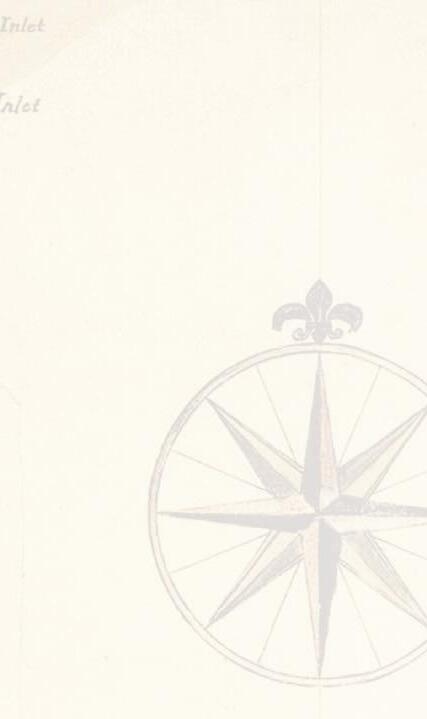
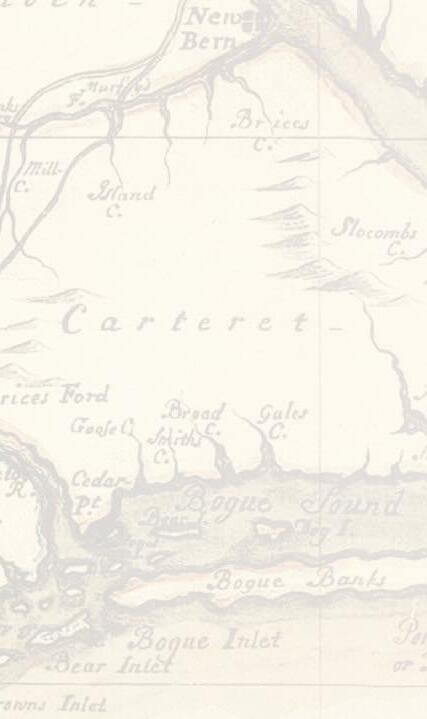
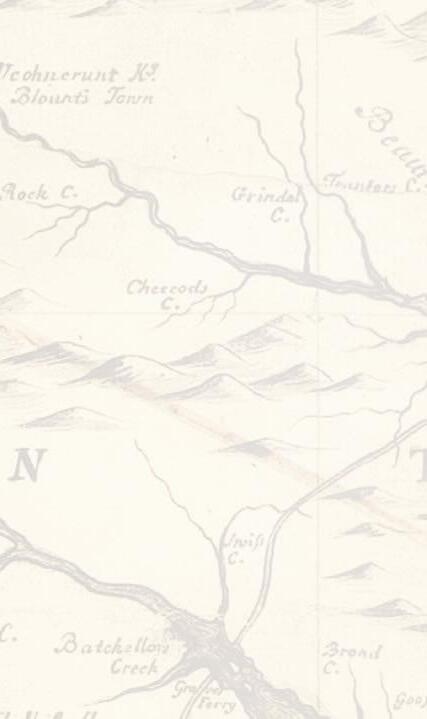
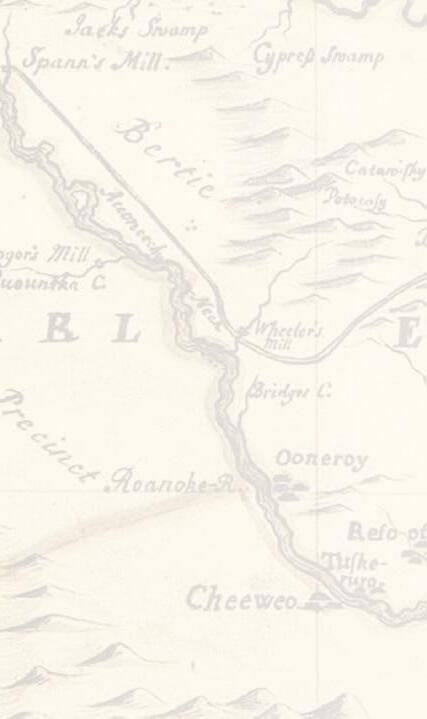
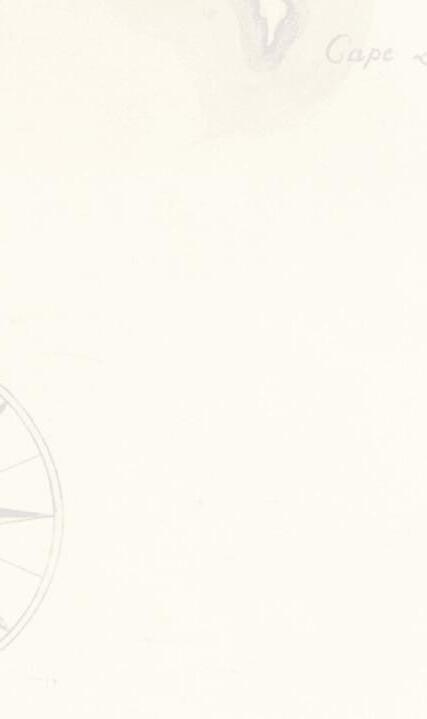
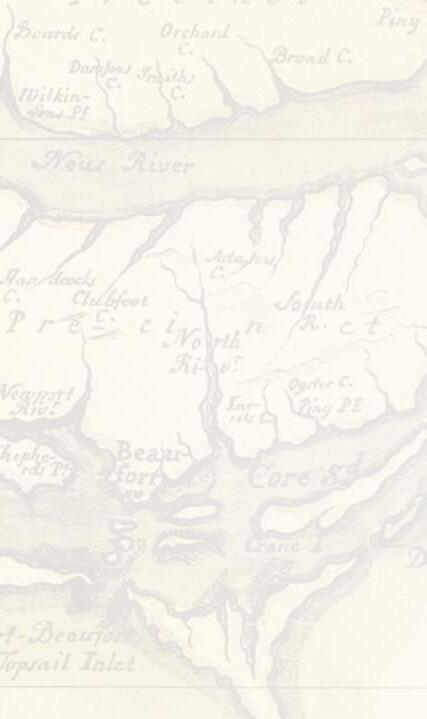
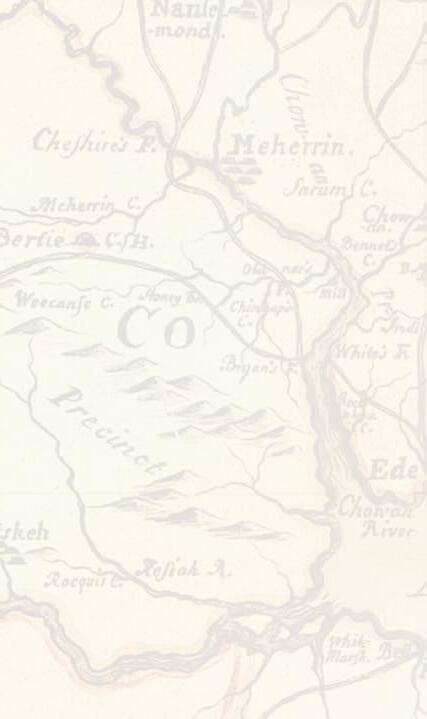
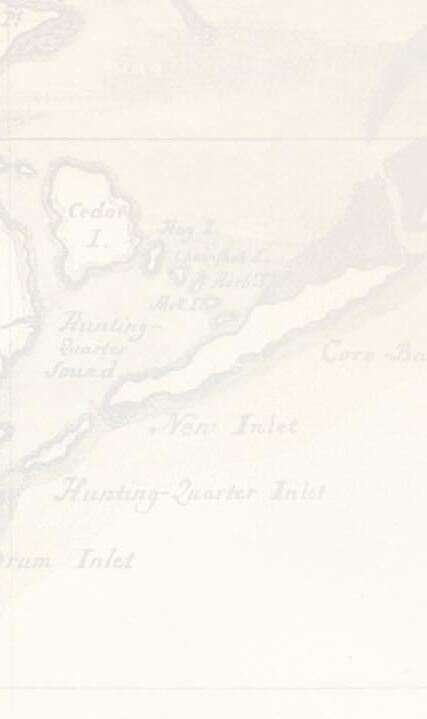
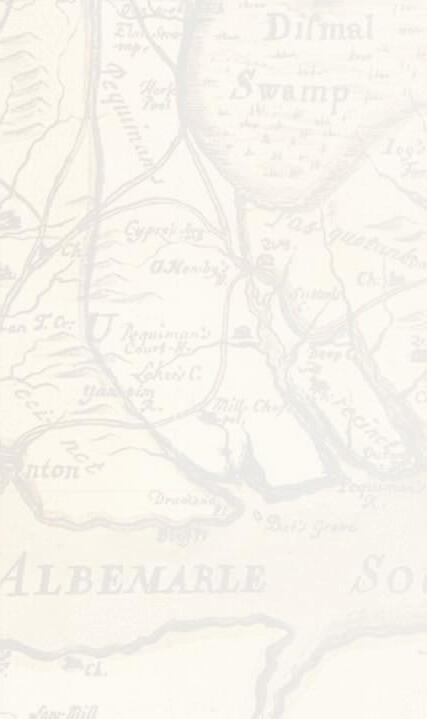
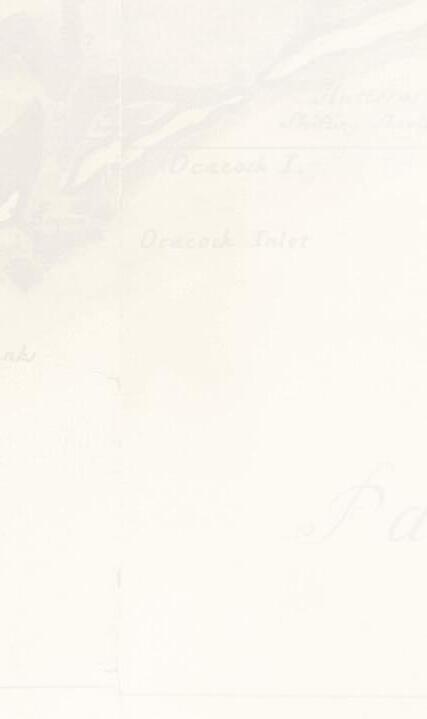
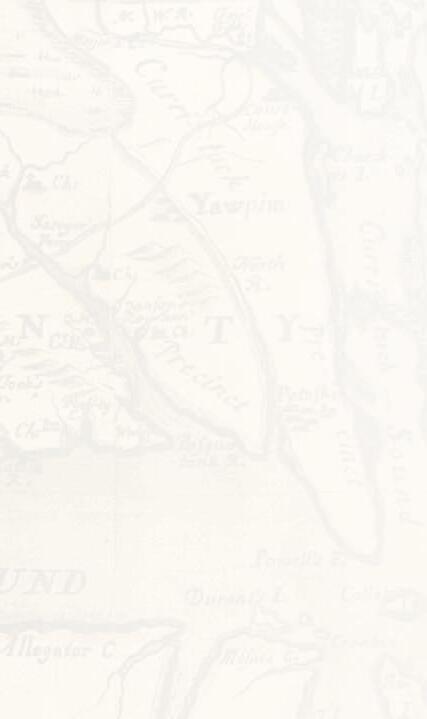 By Carrie Barker, Collections Specialist
By Carrie Barker, Collections Specialist

















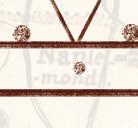



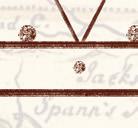
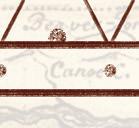
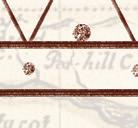
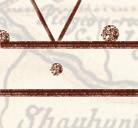


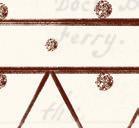

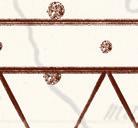
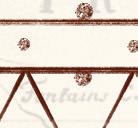
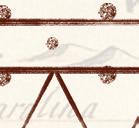
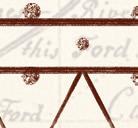


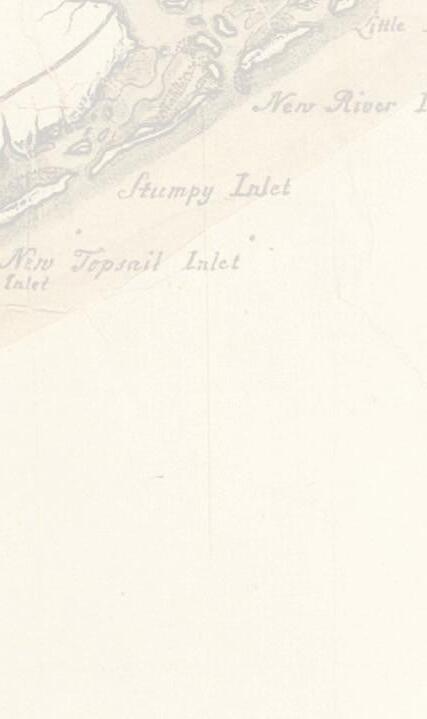
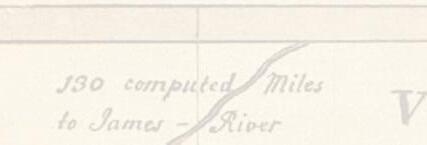
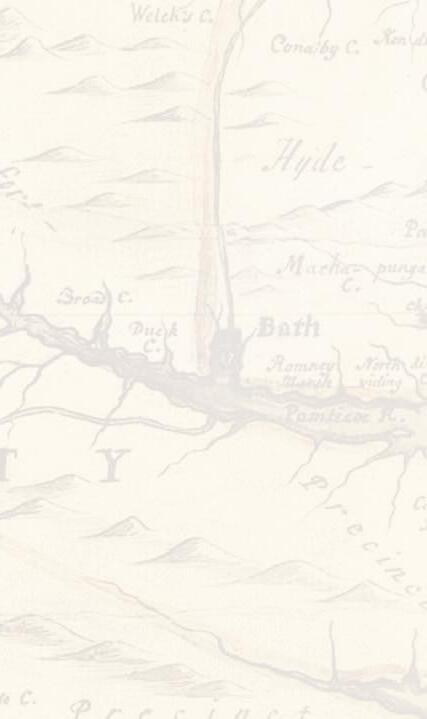






The beautiful regalia dress loaned by Sylvia Caudill and the bright, musical jingle dress loaned by Duvonya Chavis each needed mannequins to properly display. They also brought the additional challenge of arranging the materials as the owners would wear them to a traditional cultural event—accuracy was important.
The first steps to displaying clothing artifacts on a mannequin involve finding the best-sized mannequin for the job. Next, the mannequin needs to be padded with foam or fiberfill as necessary for the clothing to fall naturally. Finally, the mannequin and padding is covered with the gray “stocking” for a smooth surface for the clothing to rest on.
Museum volunteer Linda Fusco was an invaluable extra set of hands for the first steps, but guidance from Caudill and Chavis in the final display of the cultural clothing was necessary. The regalia accessories needed to be correct and appropriate—the cuffs, the yoke ribbon (tied? loose? tucked out of sight?), the purse strap (on or under the yoke?), and so on. Chavis’s granddaughter’s jingle dress was straightforward—except the belt. Chavis guided me via email to properly fold and tie the belt and where the tie should be placed. These details seem small but are important when displaying cultural items.
MEHERRIN INDIAN TRIBE REGALIA, LOANED BY SYLVIA CAUDILL Display is almost complete on the mannequin—pink yoke ribbons tucked out of sight as a display option.The Pet Rock was a comical fad that swept across the country so quickly that over one million were sold from its creation in August 1975 to Christmas that same year. Exactly as its name describes, the Pet Rock was a small beach stone that came in a cardboard box equipped with airholes like a box that a new pet would be carried in. A manual filled with humorous tips and tricks on how to care for and train your Pet Rock came in the box along with the stone.
The inventor of the Pet Rock is Gary Dahl, a freelance advertising copywriter in California, who came up with the idea as a joke one night hanging
out with some friends. During a conversation about destructive pets, Dahl joked about having a pet rock. From there, he expanded his idea by writing a caretaking manual filled with puns and jokes about having pets.
The idea was an instant hit and proved to be very successful through the end of 1975, but unfortunately did not last much longer. By 1976 the public had lost interest, but not before more than one million Pet Rocks were sold.
Founder Gary Ross Dahl purchased rocks for under one cent each. One Pet Rock in a box sold for $3.95.



































































































































































































































































































































































































































































































































































































































































































































































































































































































































































































































































































































































































































































































































































































































































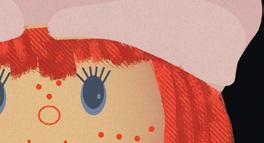
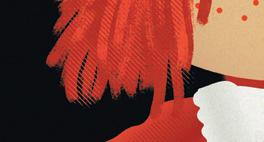
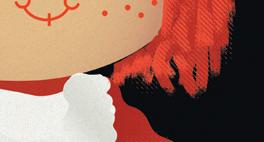

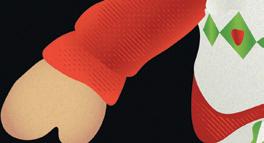
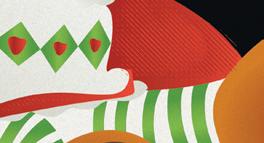




T his year marks the 210th anniversary of the War of 1812, when a young, developing nation declared war on one of the dominant global powers of the day. In recognition of this anniversary year, the Museum of the Albemarle will display War of 1812: A Nation Forged by War , a traveling exhibit curated and produced by the National Museum of the United States Navy.
North Carolina was just one of the dozen-and-ahalf states that formed this budding Union at the time war broke out in June 1812. Men from all over the Old North State, including our Albemarle region, volunteered for duty in the regular army to help the war effort against British forces.
Born in 1788, noted Edenton native James Iredell Jr. served as a 24-year-old captain in the Chowan County Militia as troops throughout the state were soon mustered into service. Attached to the First Regiment under the command of Lieutenant Colonel Duncan McDonald, Iredell’s outfit defended the city of Norfolk, Virginia, in the months following the burning of the nation’s capital in August 1814. While Iredell saw no active combat, the Edenton

attorney was promoted to brigadier general upon his discharge in 1815. His political career proved highly successful when he ascended to the North Carolina governorship in 1827 and, later, the US Senate.
The traveling exhibit War of 1812: A Nation Forged by War will open to the Museum of the Albemarle visitors in April 2022.
 By Lauren Flach, Education Intern
By Lauren Flach, Education Intern
Iam a senior at Northeast Academy for Aerospace and Advanced Technologies, and I am dual-enrolled at the College of the Albemarle.

I am on track to graduate in May with both a high school diploma and an associate of arts degree. After that, I plan to go to a four-year university to study anthropology and eventually work as a museum conservator.
Through my high school, I had the opportunity to complete an internship with a local business. Since my career goal is to work in museums, I knew that interning at the Museum of the Albemarle would be a great experience. Under the guidance of Lori Meads in the Education Department, I have been able to gain knowledge of the inner workings of a museum. I have helped research and put together activities, assisted with school programs,
and observed my supervisor in greeting and leading tours for visitors, among many other things. This internship has been and will continue to be a wonderful learning experience.
Education Intern from Northeast Academy for Aerospace and Advanced Technologies (NEAAAT)

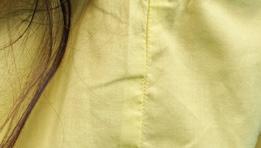

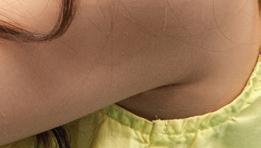
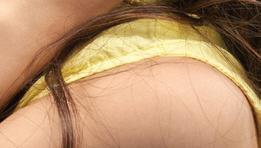



 By Andrew Nelson-Redondo, Exhibit Designer/Graphic Designer
By Andrew Nelson-Redondo, Exhibit Designer/Graphic Designer
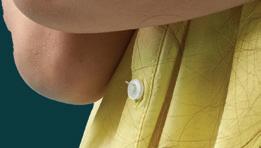

The Museum of the Albemarle strives to provide inclusion and diversity to our visitors and communities. Back in September 2020, We began work to offer visitors a bilingual exhibit experience. This was made possible through MOA Mobile , our hybrid museum app for self-guided tours, highlights on exhibits and artifacts, games, and more on the museum and the regional history.
Try MOA Mobile in Spanish on your next visit by scanning the QR code in the graphic provided or by visiting MOA.Oncell.com . Upon starting the experience, choose which language English/Spanish.
This option is great for those studying the language and practicing listening and reading comprehension, speakers of English as a second language who want to enjoy their experiences at MOA. Take an opportunity to see our main exhibition, Our Story: Life in the Albemarle with the Spanish track of our popular audio selfguided tour. We look forward to seeing you soon on your visits to the Museum of the Albemarle.
El Museo de la Albemarle se esfuerza por brindar inclusión y diversidad a nuestros visitantes y comunidades. En septiembre de 2020, comenzamos a trabajar para ofrecer a los visitantes una experiencia de exhibición bilingüe. Esto fue posible gracias a MOA Mobile , nuestra aplicación de museo híbrido para recorridos autoguiados, destacados de exhibiciones y artefactos, juegos y más sobre el museo y la historia regional.
Pruebe MOA Mobile en español en su próxima visita escaneando el código QR en el gráfico proporcionado o visitando MOA.Oncell.com . Al iniciar la experiencia, elige el idioma Inglés/Español.
Esta opción es excelente para quienes estudian el idioma y practican la comprensión auditiva y lectora, hablantes de inglés como segundo idioma que desean disfrutar de sus experiencias en MOA. Aproveche la oportunidad de ver nuestra exposición principal, Nuestra Historia: la Vida en Albemarle con la pista en español de nuestra popular visita autoguiada en audio. Esperamos verte pronto en sus visitas al Museo de la Albemarle.





Despite the ups and downs of 2021 due to COVID-19, educational programming ended on a high note for the Museum of the Albemarle. It all started in October with the opening of the Nell Cropsey and Jim Wilcox exhibit Nell Cropsey: 120 Years of Mystery, along with guest speaker William Dunstan. Then came BOO at the Museum!! with a much larger turnout than the museum could have imagined. December brought families out for the return of the Annual Gingerbread Workshop and the Annual Holiday Open House . The museum also welcomed back school groups for in-person educational programming. If you ask anyone at the museum, we would all agree it felt something like normal. It was great seeing familiar faces, hearing laughter and excitement fill the museum, and watching everyone enjoying the holiday season. Even though we could not see smiles, we knew they were hiding behind the masks.
Education is hard at work, with the assistance of volunteers, preparing for current and future educational programs. Educational programming around the newest children’s exhibit, Guardians of the Land: Discovering Indigenous Americans, which is geared toward school-age students, will be a focal point for the next two years. Education is upbeat to offer families and organized groups educational programming that will allow them to explore how Indigenous peoples have lived in North Carolina for over 15,000 years, how land has played an important part in the living history of the Indigenous people of coastal northeastern North Carolina, and to discover the four tribes—Meherrin Indian Tribe, Chowanoke Indian Nation, Roanoke-Hatteras, and Yeopim— that built this history and continue to do so today.
Many fun and educational programs for all ages are planned, and we hope that everyone will take a little time to visit and enjoy the programs that focus on the exhibit.



The Museum of the Albemarle was awarded a grant through the North Carolina Human ities American Rescue Plan Humanities Grant. The funding for the grant was provided to North Carolina Humanities by the National Endowment for the Humanities through the Amer ican Rescue Plan Act, which was passed by Congress and signed by President Biden in March 2021. The grant is in response to the ongoing impacts of the COVID-19 pandemic on cultural institutions in North Carolina.
Funds were used to support the volunteer program at the Museum of the Albemarle by contracting with Tara Chapman to recruit volunteers and assist in managing the program. The volunteer program is thriving once again at the museum through the funding and Tara’s efforts. She has worked to bring volunteer manuals up-to- date based on the North Carolina Museum of History manuals, recruited new volunteers, updated all volunteer applications, established meeting agendas, sought volunteer assistance, and responded to all inquiries.
As far as our current volunteers, WOW! We had our returning volunteers that have always been dedicated and ready to help when called at a moment’s notice. New volunteers are following the same path. The month of December proved the dedication of our current volunteers. Everyone worked to make sure the needs of the school groups were met and filled in where needed daily. We currently
have volunteers that are working the second-floor reception desk regularly and assisting with behindthe-scenes preparation for upcoming programs. We are grateful for all our volunteers; we could not be successful without every one of the museum’s volunteers.

If you are interested in becoming a part of the volunteer program at the Museum of the Albemarle, please contact the Education Department by telephone or email lori.meads@ncdcr.gov. We would like to grow even more. The program is open to both adults and school-aged children between 13 and 18.

Each kit includes craft supplies and instructions, a gallery hunt, activities, and more.
Only 50 kits are available, so register soon! Pick up your kit in the museum lobby on Saturday, April 9, from 1 to 3 p.m. Those left at 3 p.m. will be given to walk-in visitors.
Wednesday, April 6, 2022, 1–2 p.m. via Demio
Wednesday, April 6, 2022, 1–2 p.m. via Demio Ages 5–8; parents are encouraged to participate with their children
Register in advance at NCMOH-programs.com. Catch some sports history as we investigate baseball in our state. Who could play, and who could not? When and where? Then listen and read along to Players in Pigtails by Shana Corey.

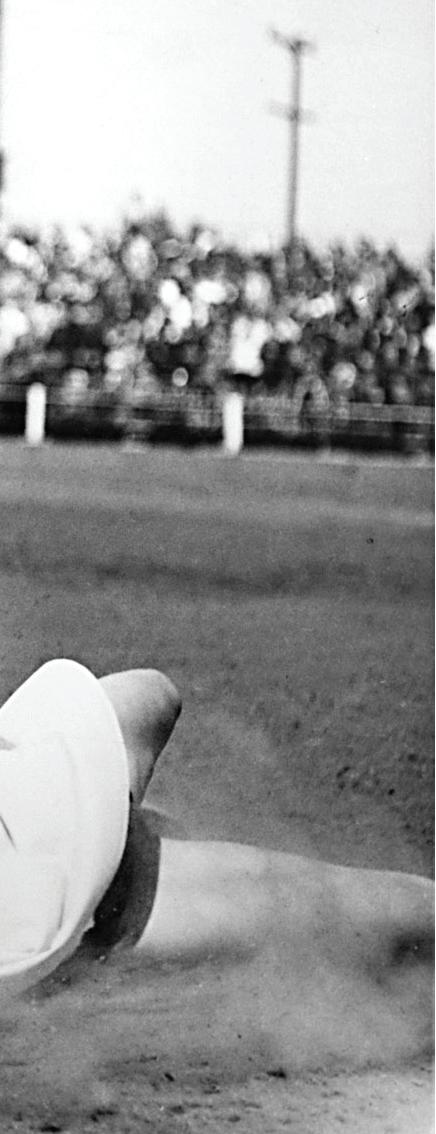
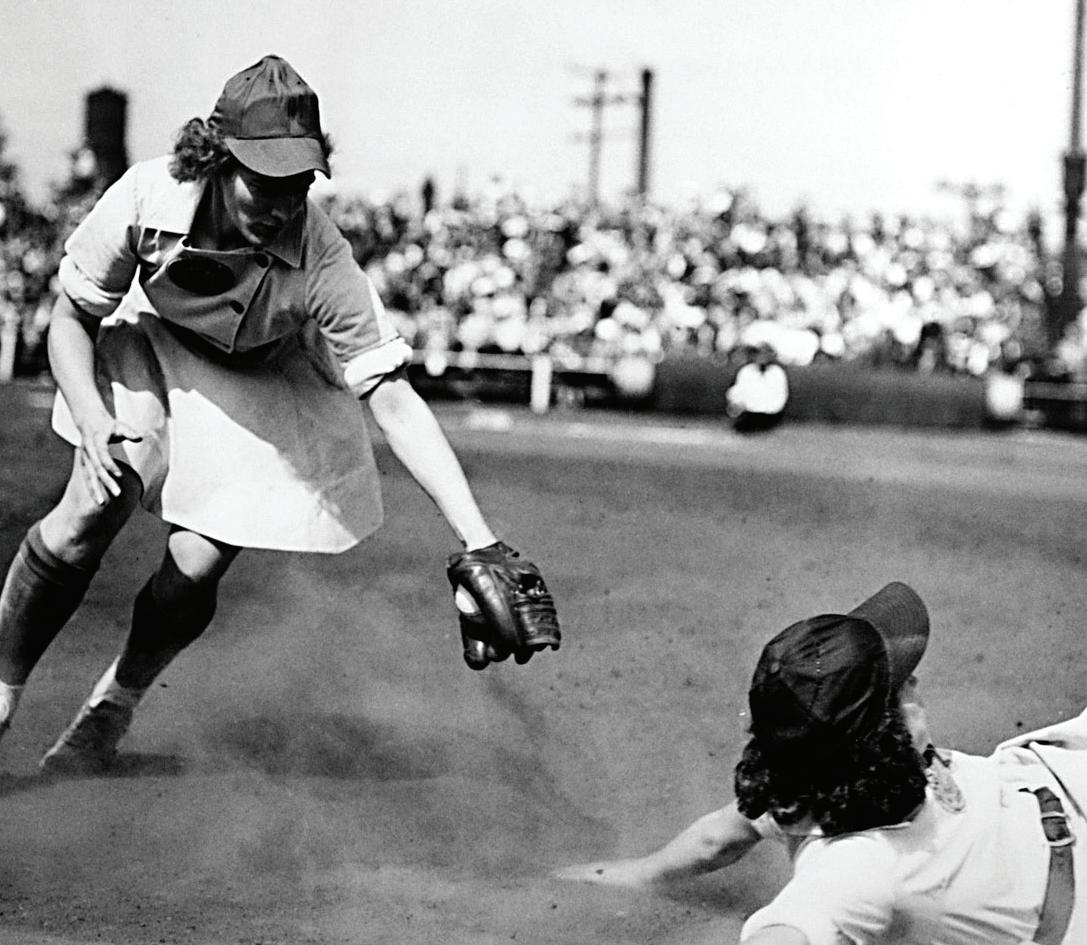
Register NOW, but pick up at the museum on Saturday, April 9, 1–3 p.m.
The kit is designed for home use. Supplies limited; classroom sets are not available. One kit per family, please. Register in advance at NCMOH-programs.com.
Could you make your own game or toy? Find out and learn a bit of Tar Heel toy history together!
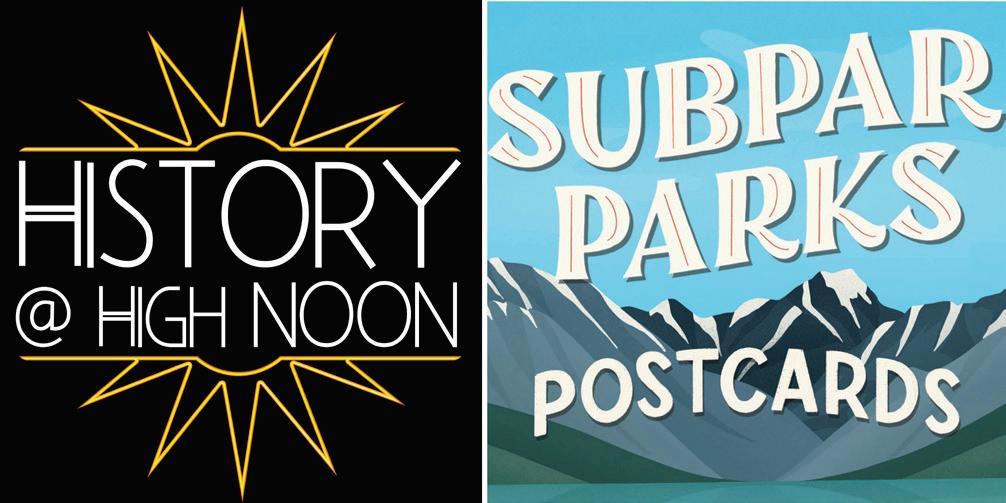
Wednesday, April 13, 2022, 12 p.m. via Zoom
Speakers: Amber Share, Illustrator and Graphic Designer; and Addie Ladner, Associate Editor, Walter Magazine.
Addie Ladner is the associate editor at WALTER , Raleigh’s arts and culture magazine. Originally from Mississippi’s Gulf Coast, she moved to Raleigh in 2010. At WALTER , Ladner writes digital content, runs its social media channels, and works to unearth the untold stories of the city for the print issue— such as discovering that online sensation Amber Share of Subpar Parks lived right here in Raleigh!
Amber Share is an illustrator and graphic designer based in the capital city. After several years as a professional graphic designer working on hand-lettering and illustration on the side, Share left her job in graphic design to pursue illustration full-time. As an avid hiker and backpacker, she spends a lot of time in local, state, and national parks, which inspired this project and a book. At this program, the two will discuss the NC Subpar Parks series and the state’s wondrous natural landmarks.
Wednesday, April 13, 2022, 1–2 p.m. via Demio
Courtesy NC Museum of History
History Adventures: Architecture—Building History!
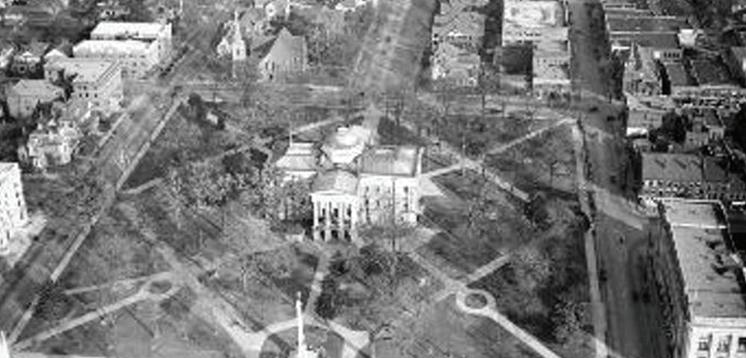
Wednesday, April 13, 2022, 1–2 p.m. via Demio Ages 9–12 Register in advance at NCMOH-programs.com.
What stories can buildings tell us? Discover how weather, purpose, politics, and even fashion have shaped the places we live and work.
Take a trip in time! Swimming in the creek... making ice cream... working in the fields? Living without air-conditioning? Discover how summers past were the same and different than now. Then listen and read along to Back Home by Gloria Jean Pinkney.
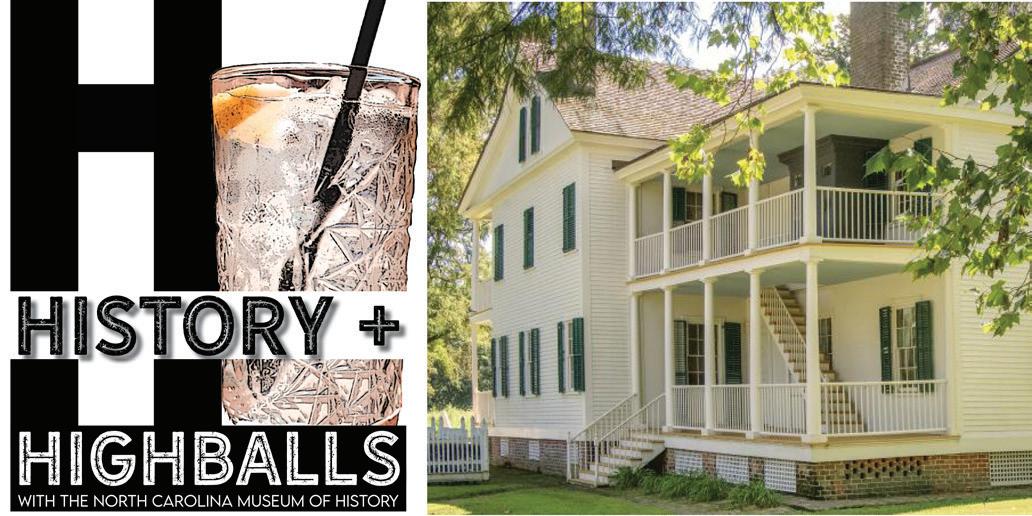
Thursday, April 28, 2022, 7 p.m. via Zoom Adults only, please.
Speaker: Christa Hobbet, Assistant Site Manager, Somerset Place
Join us as we welcome Somerset Place’s assistant site manager, Christa Hobbet, who will share the site’s history and family from Reconstruction to the present-day.
Past
Wednesday, May 4, 2022, 1–2 p.m. via Demio Ages 5–8; parents are encouraged to participate with their children Register in advance at NCMOH-programs.com.
Courtesy NC Museum of History
History Adventures: Hoe a Row
Wednesday, May 11, 2022, 1–2 p.m. via Demio Ages 9–12 Register in advance at NCMOH-programs.com.
Not long ago most people in North Carolina lived and worked on farms. What was it like? Learn about Horne Creek Living History Farm, a state historic site complete with farmhouse, orchard, sheep . . . and cats!
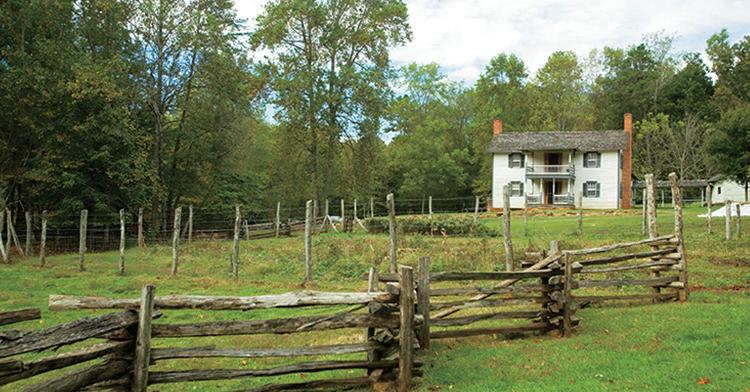
May 13-14,
Join Longleaf Film Festival’s community of filmmakers and film fans with an in-person weekend of screenings of movies that demonstrate a Tar Heel State connection, through the people involved in making them or through their subject.
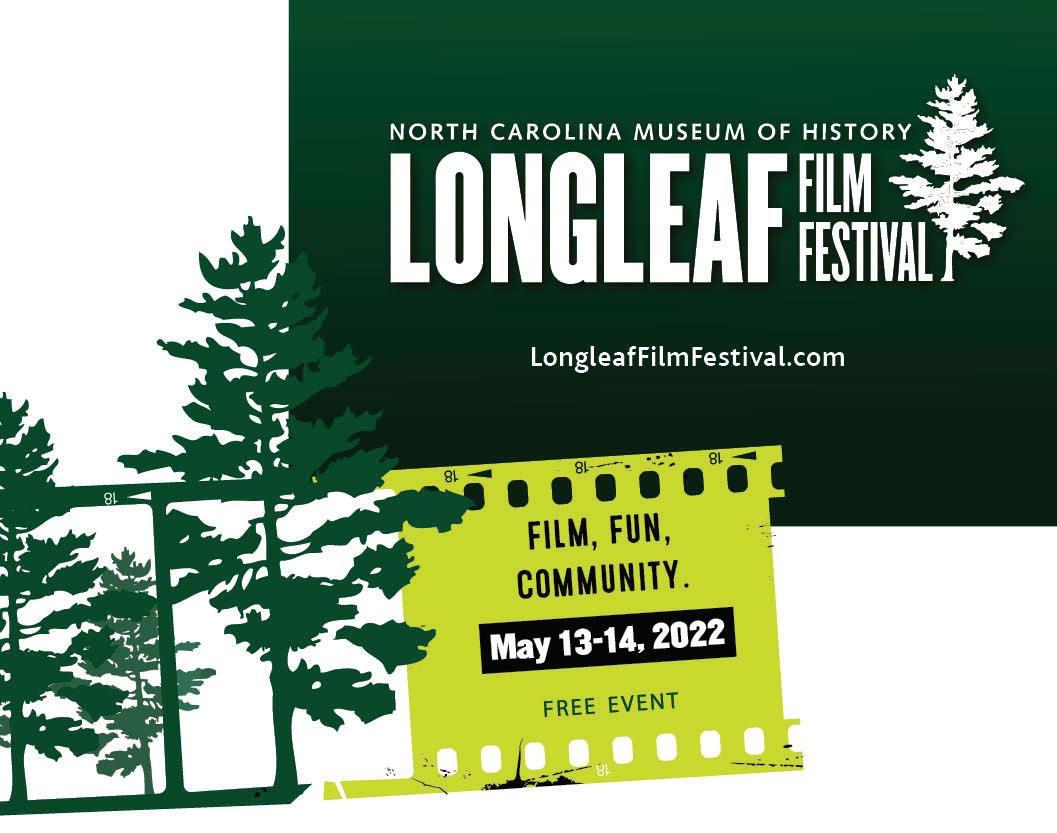
Watch dozens of films—narrative and documentary features and shorts, animated films, music videos, spoken-word productions, and more. Plus, enjoy workshops, socials, and Movies-N-Moonlight, where we screen films on a giant blow-up screen! Longleaf Film Festival highlights the best of independent film in a place that strives to tell the stories that connect us all.
Longleaf Film Festival is sponsored, in part, by INDY Week , The Freelance Editor, Dagtype Films, Towne Bank, and First Bank. https://longleaffilmfestival.com/
History at High Noon: One Nation Under a Groove: The Life and Music of George Clinton
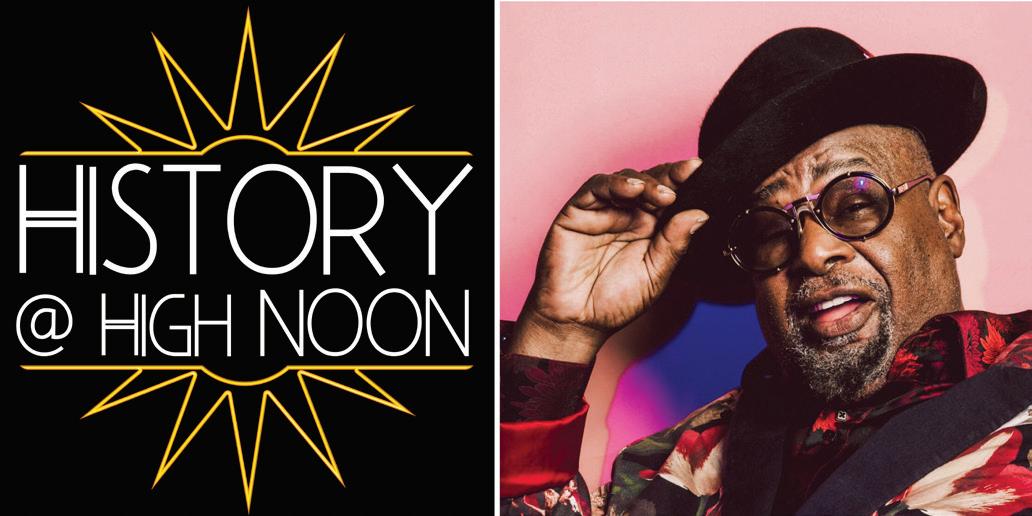
Wednesday, June 8, 2022, 12 p.m. via Zoom Speaker: Douglas A. Jackson, Assistant Professor, Music and Visual Arts, Elizabeth City State University
History and Highballs: Celebrate 150 Years with the Bodie Island Lighthouse
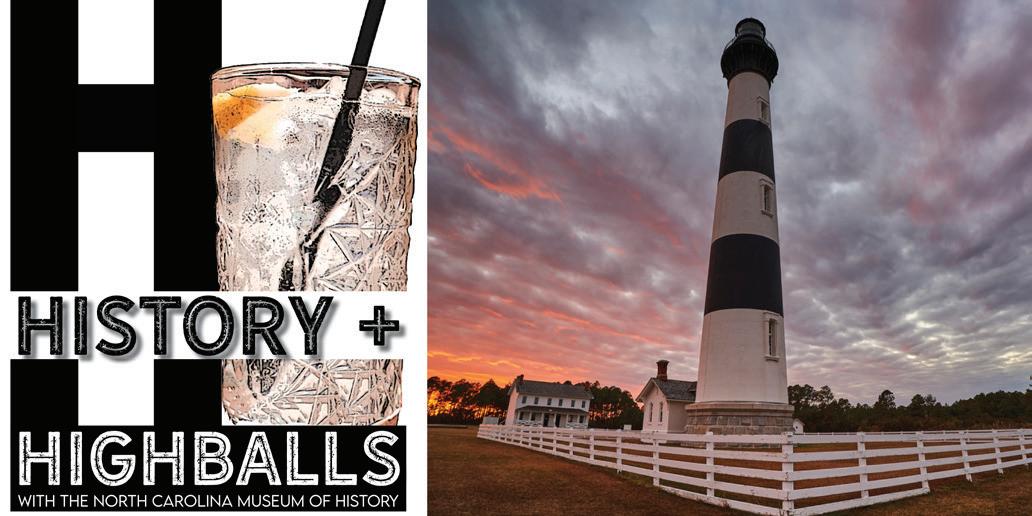
Thursday, May 26, 2022, 7 p.m. via Zoom Adults only, please.
Speaker: Tom Avery, Park Ranger, Cape Hatteras National Seashore
Prepare yourself for a night of illumination as park ranger Tom Avery of Cape Hatteras National Seashore speaks about the Bodie Island Lighthouse. First lit on October 1, 1872, the Bodie Island Lighthouse has protected mariners from the Diamond Shoals—often called the Graveyard of the Atlantic—for the past 150 years. We invite you to join the North Carolina Museum of History and the National Park Service as we celebrate this iconic beacon.
Join us for a special History at High Noon as Professor Douglas A. Jackson of Elizabeth City State University gives us a behind-the-scenes look at the life and music of George Clinton. Clinton is known, along with James Brown and Sly Stone, as an innovator in rhythm and blues, soul, and funk music. Clinton’s musical roots came from gospel music and doo-wop groups.
In the early 1970s, he veered into party music that carried the term “funk” from dance halls to college campuses. This driving dance music was enhanced by flashy costumes and stage props—specifically, Clinton would emerge from a refashioned spaceship called the Mothership. His party hits Flash Light , Knee Deep , Atomic Dog , and One Nation Under a Groove stand alone in music history and are some of the most sampled tracks in hip-hop and rap genres. For more information about events and exhibits at the North Carolina Museum of History, visit ncmuseumofhistory.org.
History Live!
Pastimes and Professions of the 19th Century April 9 from 10am – 4pm Shades of our Past's, 19th-Century Medicine Show at 11am and 2pm.
History Live! The last event in a series will conclude with Pastimes and Professions of the 19th Century on April 9 from 10am to 4pm. Shades of Our Past , a living history group from Williamsburg, Virginia, will perform a 19th-Century Medicine Show at 11am and 2pm .
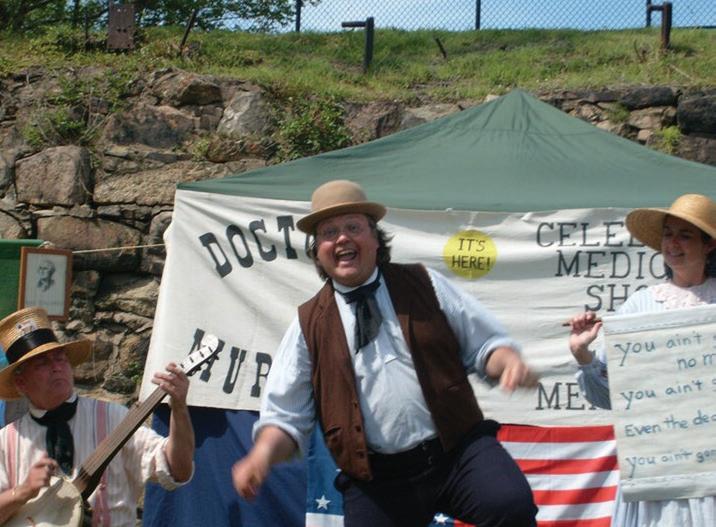
Thanks to funding from the Museum of the Cape Fear Historical Complex Foundation Inc, we are offering free History To-Go , take home craft kits. Each month brings a new theme to learn more about the people and places of North Carolina. The take home kits contain a craft, fun history facts, activities, and more! Kits are available on the first Tuesday of each month.
Quantities are limited, so be sure to get yours early!
Kits are designed for ages 6 – 12. Limit two kits per family.
Museum of the Cape Fear Historical ComplexVictorian Carolina: Summer History Camp
Limit 15 campers per camp, register quickly! June 27 – July 1, 9am – 12pm and July 25 – 29, 9am – 12pm. $30 per child.
Museum of the Cape Fear Historical ComplexVictorian Carolina: Summer History Camp , Campers will go back in time to the turn of the 20th century and experience children’s life in North Carolina towns like Fayetteville. Use the 1897 Poe House as a backdrop to learn about architecture, culture, and daily life. Create popular Victorian crafts, learn about period food and customs, and play games that children played over 100 years ago. Limit 15 campers per camp, so register quickly! June 27 – July 1, 9am – 12pm and July 25 – 29, 9am – 12pm. $30 per child.
For more information about events and exhibits at the Museum of the Cape Fear Historical Complex, visit museumofthecapefear.ncdcr.gov

36th Annual Pioneer Day
Saturday, April 30, 2022, from 10 a.m. to 4 p.m.
The Mountain Gateway Museum in Old Fort plans to host its 36th Annual Pioneer Day on Saturday, April 30, from 10 a.m. to 4 p.m. The free, family-friendly festival offers traditional Southern Appalachian crafts, live music, food trucks, children’s games, and much more!
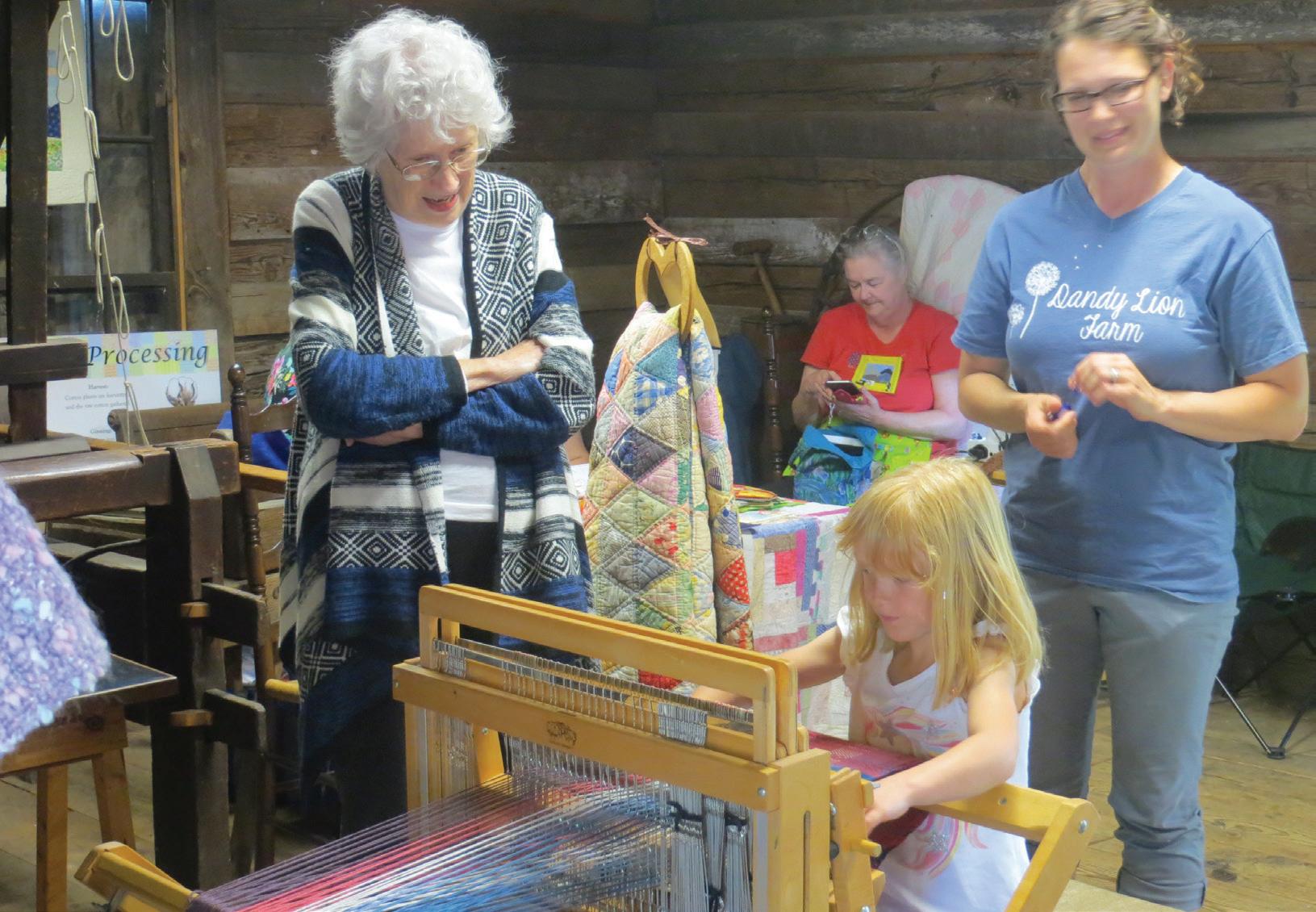
This “brave” little fellow enjoys ice cream with all the fixings at Mountain Gateway Museum’s 2019 “Ice Cream Social” in Old Fort.
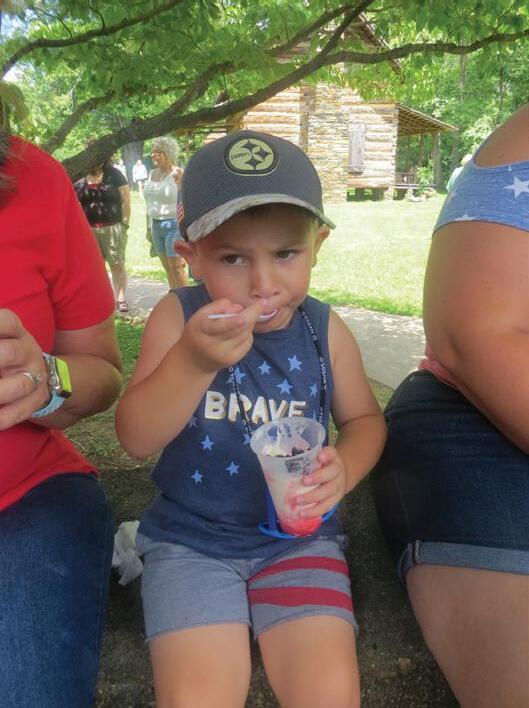
On the Fourth of July, MGM will celebrate the nation’s birthday with an Old-Fashioned
Ice Cream Social , free ice cream, watermelon slices, and a live bluegrass band—to thank the local community for its ongoing support.
Blue Ridge Adventures: the Off-Road Assault on Mount Mitchell (ORAMM) and the Jerdon Mountain Challenge
Then, on the weekend of July 23 – 24, the museum’s grounds will become the headquarters for two nationally known mountain bike races organized by Blue Ridge Adventures: the Off-Road Assault on Mount Mitchell (ORAMM) and the Jerdon Mountain Challenge .
Rivercane Renaissance
June through September 2022
During the cycling event and until early October, MGM will showcase the traveling exhibition History on Two Wheels in its main gallery. Another traveling exhibit, Rivercane Renaissance , will open at MGM in June. Running through September, it will examine the Cherokee Indians’ historic uses of rivercane and efforts to restore the native, bamboolike plant to the southeastern United States.
For more information about events and exhibits at the Mountain Gateway Museum, visit mgmnc.org
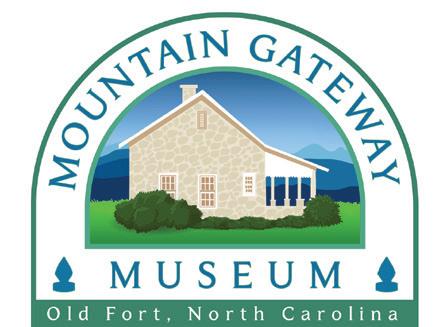
This year the museum embarks on a new EXPERIENCE . We are actively marketing the museum to increase awareness of our mission, unique history, and educational and entertainment aspects. This promotional plan involves three forms of advertising: radio, media, and print. Our main goal is to get visitors near and far to come and visit us!
We will EXPLORE the best ways to reach people who like traveling to new, “old” places a beautiful rural, ecological trip in time. We’re promoting northeastern North Carolina as the earliest settled region of the state featuring the chronological exhibit, Our Story: Life in the Albemarle
The marketing team is using different methods to ENGAGE with prospective visitors. The first is radio-based with a state wide radio source. The best, with the farthest reception, is UNC Public Radio with transmission towers located in all parts of North Carolina and going into the fringes of South Carolina, Virginia, Tennessee, and Georgia.
The broadcasts are simple and elegantly done by announcers on-air. The plan is to do radio spots throughout drive times, news, and related cultural broadcasts and during times when studies say most listeners are tuned in.
The second is digital media with Vista Graphics, a company based in tidewater Virginia. They have designed promotional spots with similar action messages of “ experience, explore and engage ”. These messages will be geared to various algorithms and will appear when searches are made online for history- and heritage-related places and cultural activities. These ads are directed to people researching trips to destinations in and around the region. They will go out to World Wide Web distributions.
The last is traditional print media with one of the most dynamic popular magazine’s dealing with all that is happening in North Carolina, Our State Magazine . The ads run during months when people are planning trips in the state and region.

Throughout this new campaign, we will record visitors’ information as they enter the museum by requesting their hometowns and asking how they heard about the museum, so we can gather the results of our efforts for future campaigns.
I’d like to thank the Friends of the Museum of the Albemarle and the marketing committee that consisted of Josh Bass, Corrina Ruffieux, Barbara Putnam, and myself for their work and support in providing the funding for the effort. Don’t forget–the best advertising is word of mouth.
Please tell your friends!
 By Linda Hofler, Friends of the Museum of the Albemarle’s President
By Linda Hofler, Friends of the Museum of the Albemarle’s President

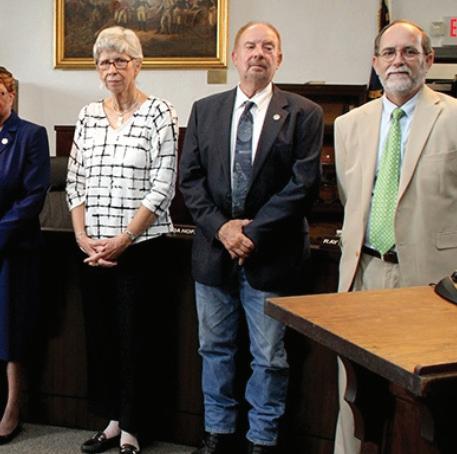
y name is Linda Hofler, and I was reelected president of the Friends of the Museum of Albemarle (FOMOA) in October 2021. The last two years have probably been the most unique in MOA history. Due to the pandemic, the Museum of the Albemarle was closed in March 2020. Since then, Friends of the Museum of the Albemarle (FOMOA ), and staff have had to adapt to constantly changing guidelines.
The purpose of FOMOA has not changed, however. We continue to provide funding for the programs, exhibits, and exhibit openings, as well as educational programs and artifact conservation.
In October 2021, FOMOA held its annual membership meeting in conjunction with the opening of the exhibit Nell Cropsey: 120 Years of Mystery. This mystery continues to intrigue people today. It was a fun evening and great to see so many friends again.
The staff has continued to provide virtual presentations and activity packets for children after the museum reopened. Over 1,000 students visited the Albemarle Express Experience during the holiday season.
In January a new exhibit, Guardians of the Land: Discovering Indigenous Americans , opened. This exhibit tells the story of the Indigenous people of coastal northeastern North Carolina. Bring your whole family to this informative exhibit of the first residents of the Albemarle region.
The exhibit River Bridge: Sunken Secrets has been dismantled and will be shipped to Raleigh. It will be featured at the North Carolina Museum of History. This is an opportunity for the great work of our staff to be showcased on a statewide level.
FOMOA hosted an appreciation luncheon for the staff in January. After the luncheon, an orientation for new board members was held. The staff provided a backstage tour of the facility.
For the last two years, fundraising has been very limited. On June 25, FOMOA will hold Night at the Nags Head Casino . This is a chance to revisit your memories of the Nags Head Casino. I’m looking forward to seeing you there.
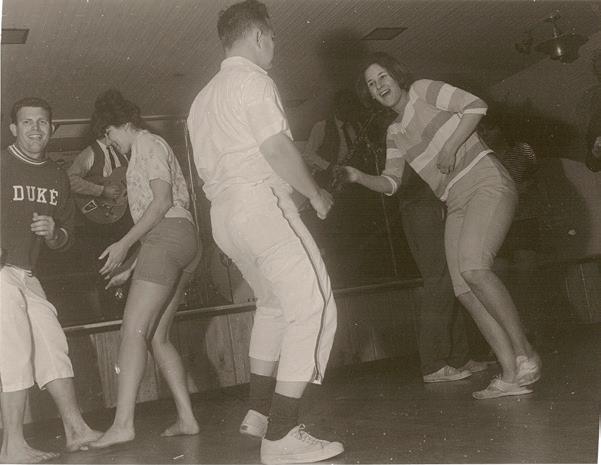

Before closing, I would like to thank the members of FOMOA for their continual support of the museum. In fact, our membership numbers have actually grown. Let’s continue to spread the word about the Museum of the Albemarle and encourage friends and neighbors to be a part of promoting and preserving the history of northeastern North Carolina. There is always something new happening at the Museum of the Albemarle.
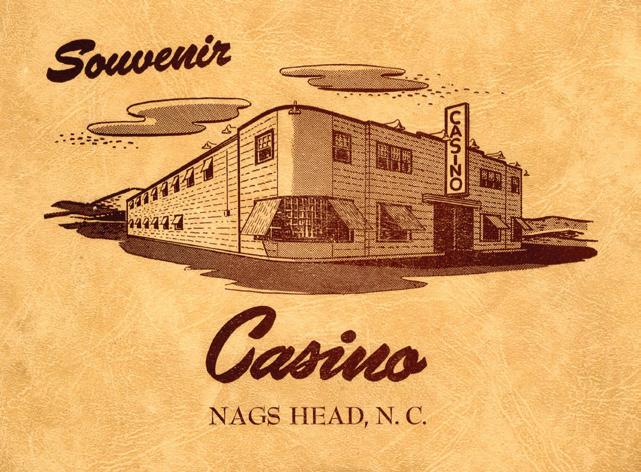
August 22, 2021 – March 21, 2022
Thank you for supporting the museum!
Grafton Beaman
Margie Berry
Susan Blackmon
Earnell Brown
Sharon Burtner
Margene Curtice
Gary Dunstan
Dianne Fletcher
Wendy Flores
W. Brian Forehand
Mimi Galgano
Rhonda Gregory
Evelyn Henley
MSG William “Sarge” Hoffman
Betty Ingram
Delsie Jones
JoAnn Jasinski
Joyce Lassiter
Norma Laughmiller
Daniel McAuliffe
Arthur McPherson
Mable Jean Moore
Marvyn Siders
Barbara Snowden
David Seymour
Judy Stallings
Elizabeth Taylor
Phyllis Timmerman
Verna Austin Wall
Peggy West
Emily Jennings White
Bill & Carol Allen
Bill & Chris Barber
Kim & Jack Baumbaugh
Ron & Mary Black
Dr. Glen Bowman
Roy & Joan Daniels
Ed & Nancy Eadie
Archer & Janet Farmer
Brenda & Billy Felton
Bobby & Barbara Fitchett
Clay Foreman
Mark & Frances Gass
Norma Hatot-King
Harriett & Tony Hornthal
Carol Jennings
Eddie & Cindy Jennings
Penny Leary-Smith
Joyce & Justina Long
Bill McCrea
Rod & Barbara Mueller
Jack & Sarah Neal
Nancy & John Nicholls
Holly Phelps
Rebecca Phelps
Beverly & Reggie Riddick
Fred & Jan Riley
Bill & Patricia Sterritt
Charlotte Underwood
Faye Ellen Weatherly
Craig Winslow
Gretchen Blacksmith
Phyllis Bosomworth & Jim Watson
Dewey & Pat Burgess
Lee Culpepper
Sharon Greene
Linda Hofler
Ken Howard
Alden & Patty Hoggard
David & Jane Harris
Becky Harrell
Doris Hawkins
Ken Howard
Sam & Janet Jones
Sarah & John Pugh
Mary Ann & Barry Keyes
Don & Mary Lee Kosik
Jeanie Lefler
Joyce Reitz
Julie & Harry Robinson
Corrina & Chris Ruffieux
Anne Sanders
Di Small & Neal Blinken
Bren O’Sullivan & Joe Inqui
Ethen Sutton
Turner Sutton
Wayne & Dee Talley
George & Mary Thomas
Lee & Judy Vassar
Paul & Joyce Wheeler
Al & Min DelGarbino
Kurt & Bobbi Hunsberger
Robert & Elana Muir
Herb & Annette Small
Hilton & Mary Leigh Barrett
Arthur & Patti Bergman
Anna & Bruce Biggs
Karl Brandspigel & Nita Coleman
Geoff & Penny Byrd
George Converse
Carol & Ed Cowell, Jr.
Brenda & Terry Daniels
Sam & Faye Davis
Col. Bill & Susan Davis
Oliver & Linda Etheridge
Joe & Judy Evans
Nancy Ferebee
Jo Ann Foreman
Dr. Linda Fusco
Doug & Diana Gardner
Dorsey Harris
Edwin & Diana D. Hardison
Flint & Janet Harding, Jr.
James & Jackie Hathaway
Dr. Karen Ray & Dr. John Hill
Chad Hull
Russ & Courtney Hull
Maughan & Kay Hull
J. Wilson & Margaret Jones, Jr.
Buddy & Beverly Madrin
Dr. Charles & Brenda Mahaffey
Mark & Lil Maland
Cynthia & Joe Mastro
Hunter Foreman Michael
Nancy Bailey Muller
Michael & Sherri McDaniel
Ed & Claudia Merrell, Jr.
Kirk & Anita Oldham
Charlotte Patterson
William Parker, Jr.
Chris & Whitney Paullet
Dr. Anne Marie Radke
Tapp & Charlie Robinson
Matt & Breanne Scribner
Norman & Susan Scurria
Beverly Small
Mark & Stacy Small
Dr. Benjamin Speller, Jr.
Marvin Stokley
Jim & Jo Thomas
Bob & Judy Thorne
Mary Tirak
Byrum Charitable Trust
Barbara & Leo Wachter
Katherine Wassink
Jimmy & Mary Jo Westbrook
Dian Williams
Ella Fields Bunch
Johny Hallow, III
Sally Kish
Ron Mahan
Anne Rowe
Steven Rudey
Seoun Som
John Collins & Patsy Lowell
Robert Inglis
Daryl Lease & Julie Finn
Sean & Catherine Murray
Dylan & Ashley Welter
Holly Glenn
Tess Judge
The Museum of the Albemarle wishes to thank our sponsors and community partners. It is only through the generosity of businesses and individuals that the museum is able to continue to offer events that not only serve as fundraisers for the museum, but also allow the museum an opportunity to interpret a portion of our region’s history. All proceeds from benefit the Friends of the Museum of the Albemarle and its educational programs, exhibits, and artifact conservation.
The Friends of the Museum of the Albemarle (FOMOA) is a non-profit support group that seeks to raise awareness and provide funding for exhibits, educational programming, and artifact conservation throughout the 13 county region that we serve. The counties served are Bertie, Camden, Chowan, Currituck, Dare, Gates, Hertford, Hyde, Northampton, Pasquotank, Perquimans, Tyrrell, and Washington Counties. The Museum of the Albemarle is the recipient of all funds raised.

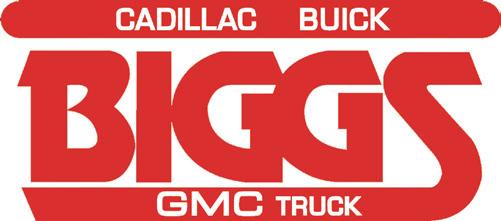




 ©Melissa Dawn Photography
©Melissa Dawn Photography

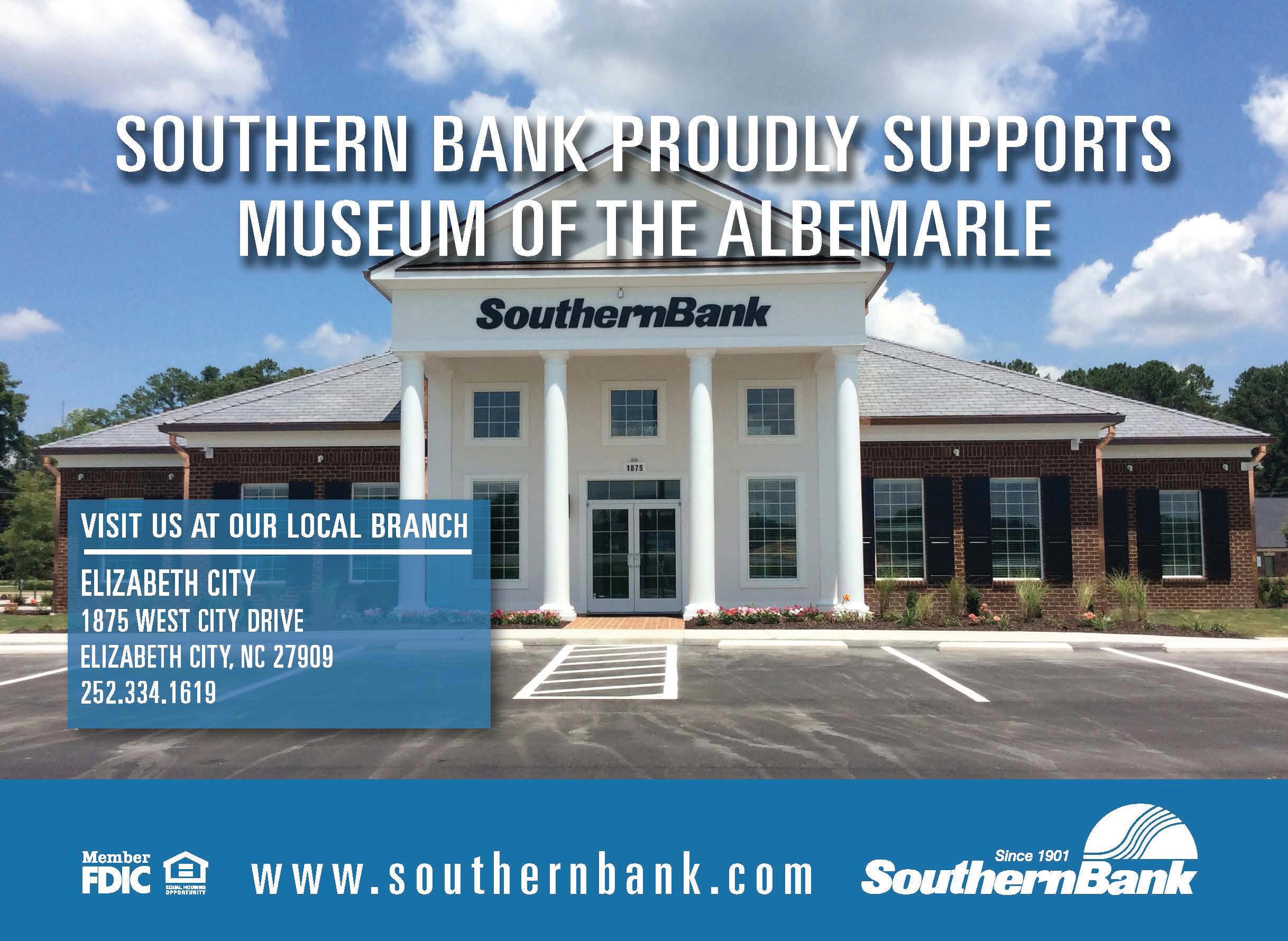

The Museum Gift Shop features the work of local artisans with pottery, jewelry, glassware, and fiber arts. Choose the perfect gift from a great selection of books and souvenirs.
Museum Gift Shop
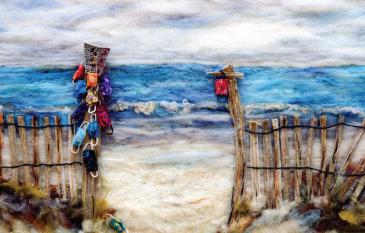
Hours


Monday–Friday: 10 a.m. 4 p.m. Saturday 10 a.m. 4 p.m. Phone (252) 331-4026





